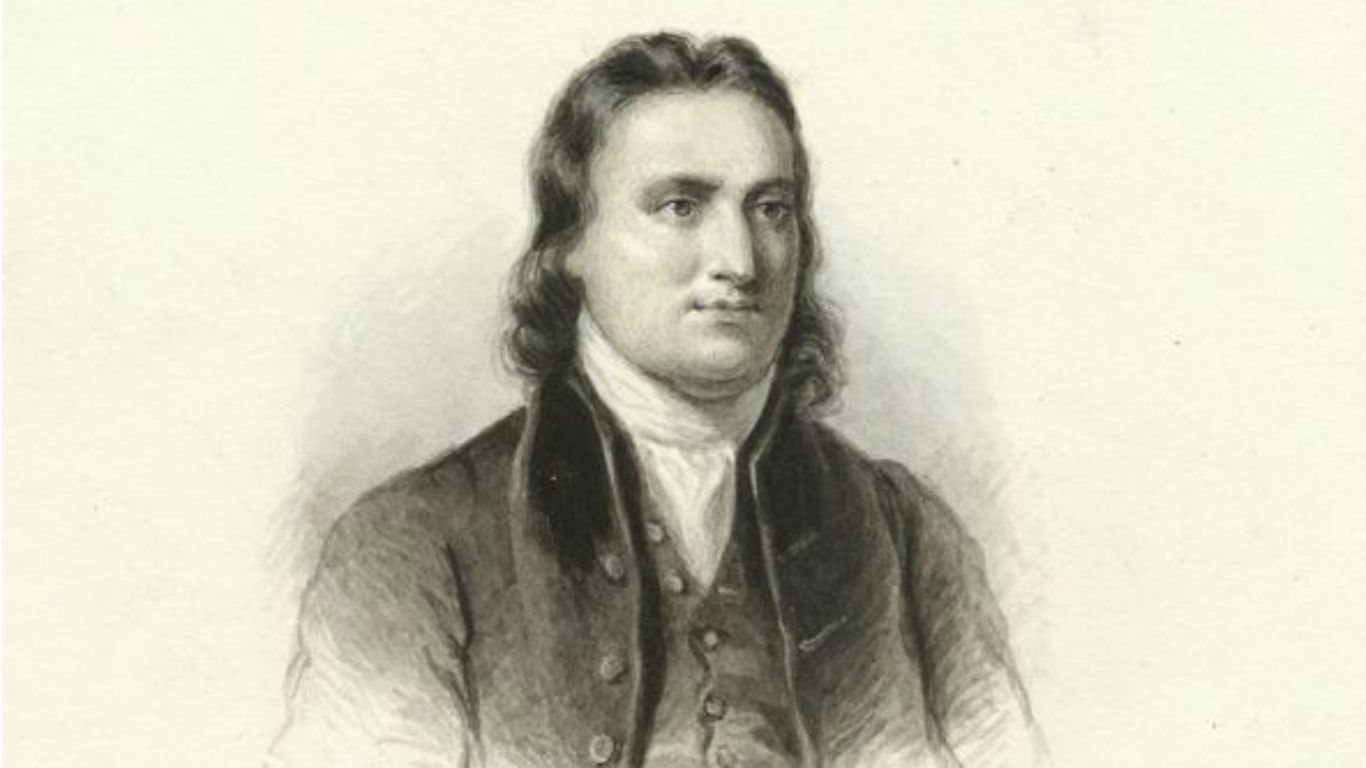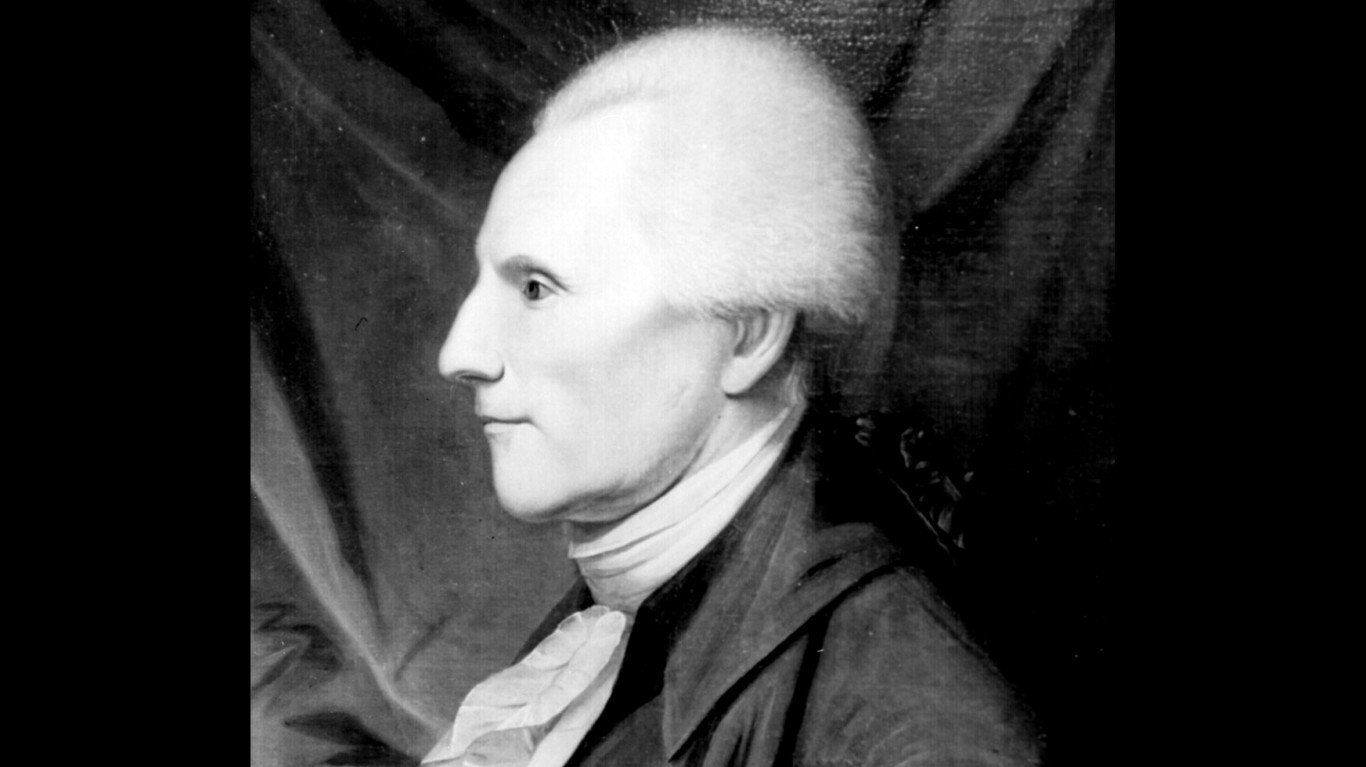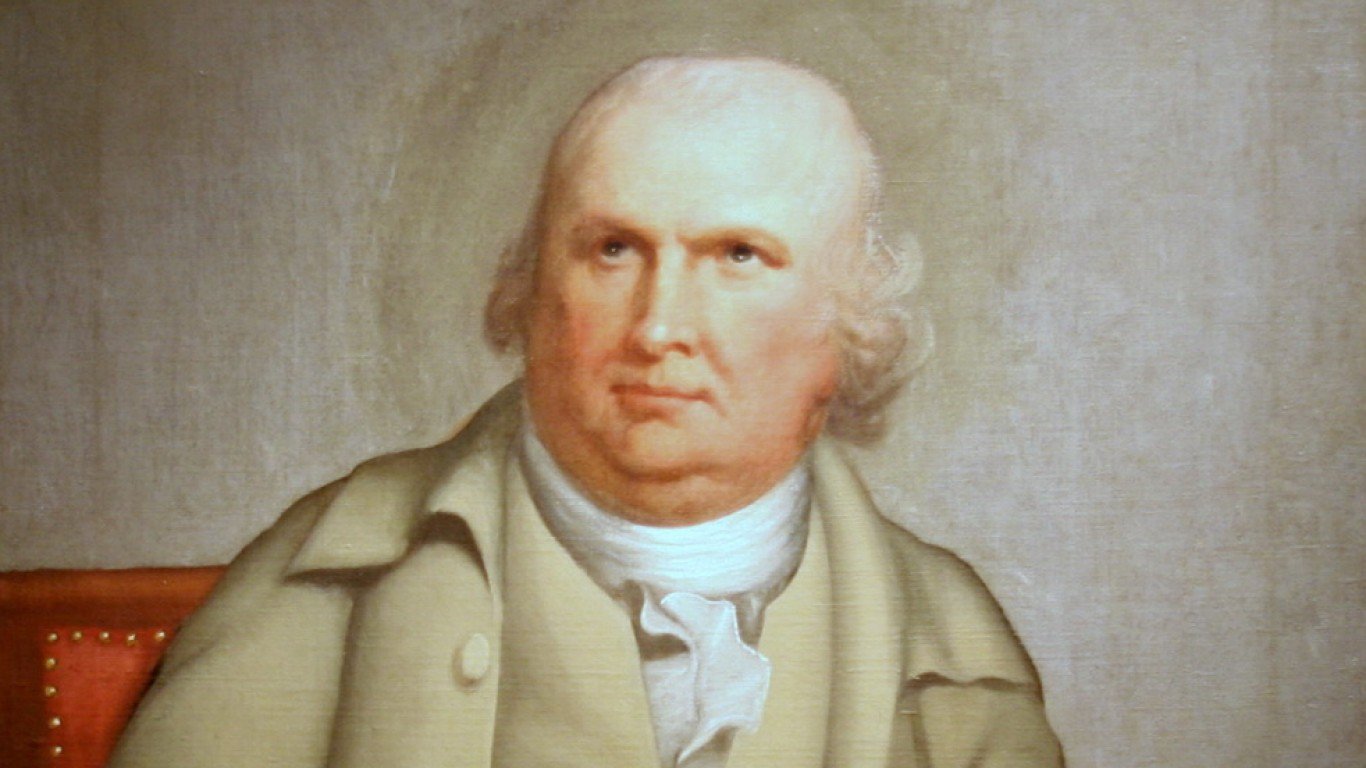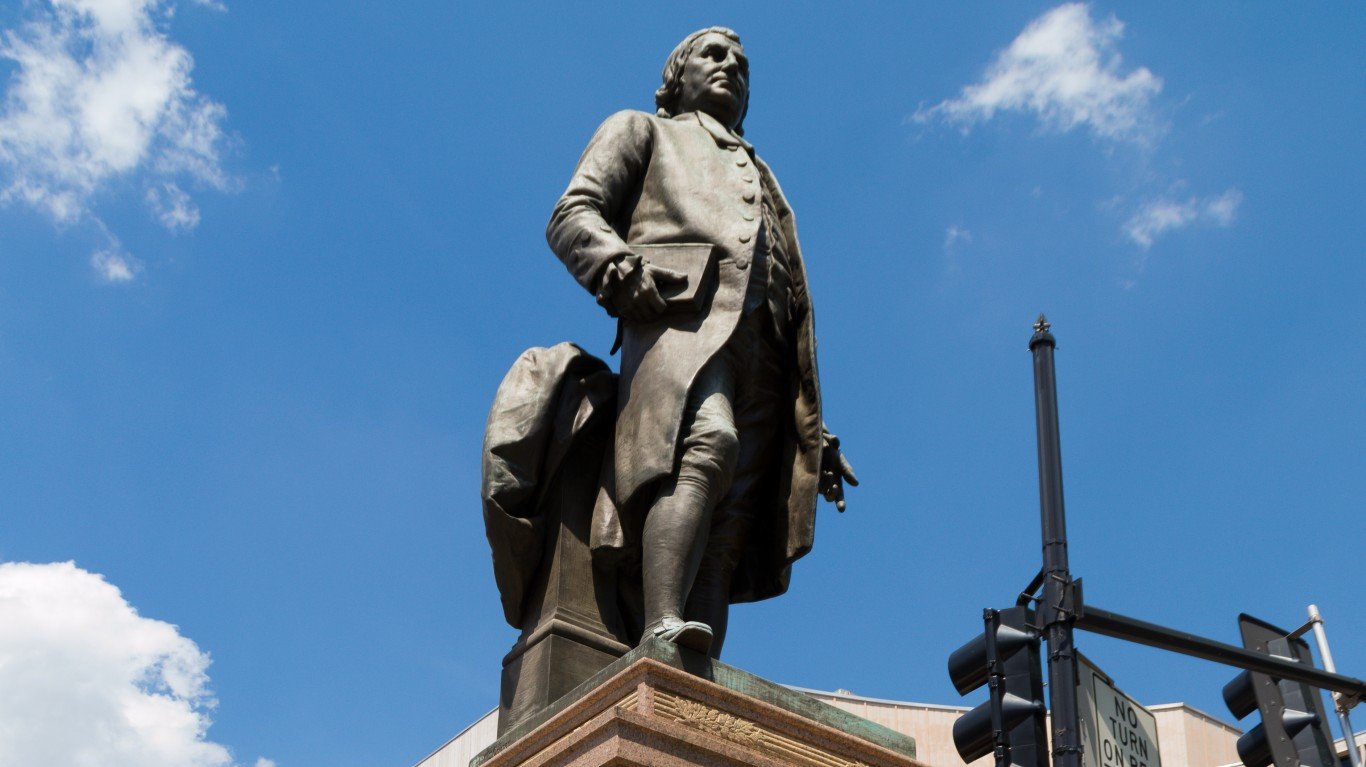Everybody knows that the Fourth of July celebrates the signing of the Declaration of Independence, the historic document by means of which the 13 American colonies severed their political connections with Great Britain and declared themselves to be the United States of America.
Except that the Declaration wasn’t signed on the Fourth of July. The colonists formally declared their independence on July 2, which John Adams promptly called “the most memorable Epocha, in the History of America,” predicting that it “will be celebrated, by succeeding Generations, as the great anniversary Festival.”
As Independence Day draws near, 24/7 Tempo is taking a look who the 56 signers of the Declaration were. We drew on sources such as USHistory.org, the website of the non-profit Philadelphia-based Independence Hall Association to compile our list.
It was on July 4, however, that the Continental Congress approved the final text of the Declaration — after jointly making some 86 changes in the draft composed by Thomas Jefferson and four colleagues.
But that still wasn’t when this seminal document of our nation was signed. That happened, for the most part, on Aug. 2 — but at least five signers didn’t affix their signatures to the Declaration until the following weeks.
All those who signed the Declaration were delegates to the Second Continental Congress, which met in Philadelphia. The Congress was a convention of representatives from the various colonies. The first one, held in 1774, sought to ease rising tensions between the British and the colonists, while safeguarding the rights of the latter.
The second Congress, which met from 1775 through 1781, was more radical, and ultimately decided that full independence from Great Britain was essential. Thomas Jefferson was charged with overseeing the drafting of a declaration to that effect.
The Congress also appointed George Washington as commander-in-chief of the Continental Army, which was already involved in battles with the British in what grew into the Revolutionary War. (These are the 14 guns that helped fight the revolutionary war.)
The majority of the delegates — all of them men — who signed the Declaration had been born in one of the 13 colonies, though a few were native to Great Britain or Ireland. Many were gentleman farmers, and many — sometimes the same ones — were attorneys. Most were well-to-do, though some lost their fortunes during the Revolutionary War or subsequently.
Some of the signers are world famous — among them Thomas Jefferson, Benjamin Franklin, and John Adams — and some are obscure. The majority owned slaves — 41 of the 56, according to one study — though there were also ardent abolitionists among their number. Some came to bad ends; one lived to the age of 95.
Whoever they were, one thing is certain: These 56 signers put their lives and livelihoods on the line for the cause of American independence, and without their actions we’d have nothing to celebrate as a nation — on the Fourth of July or any other date.
Information about the signers of the Declaration of Independence was drawn from USHistory.org, which is the website of the non-profit Philadelphia-based Independence Hall Association, as well as from the websites of The Society of the Descendents of the Signers of the Declaration of Independence, the Massachusetts Historical Society, the U.S. Department of State Office of the Historian, and the Encyclopedia Britannica.
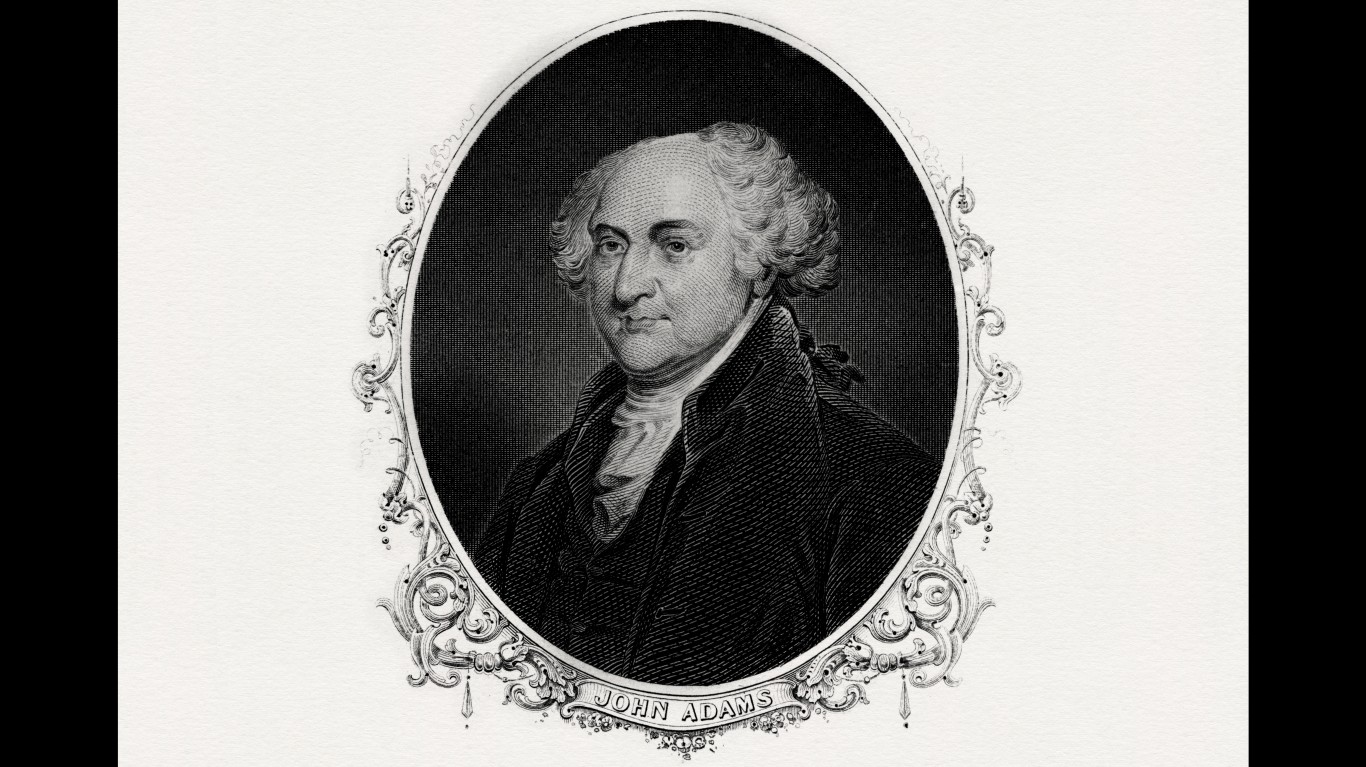
John Adams (1735-1826)
> State: Massachusetts
One of the most revered of the Founding Fathers, the man who was to become the first vice president and the second president of the United States (and father of the nation’s sixth president, John Quincy Adams) was a noted attorney, an active member of the Continental Congress, and an outspoken opponent of slavery. In 1783, he helped develop, and signed, the Treaty of Paris, which ended the Revolutionary War.
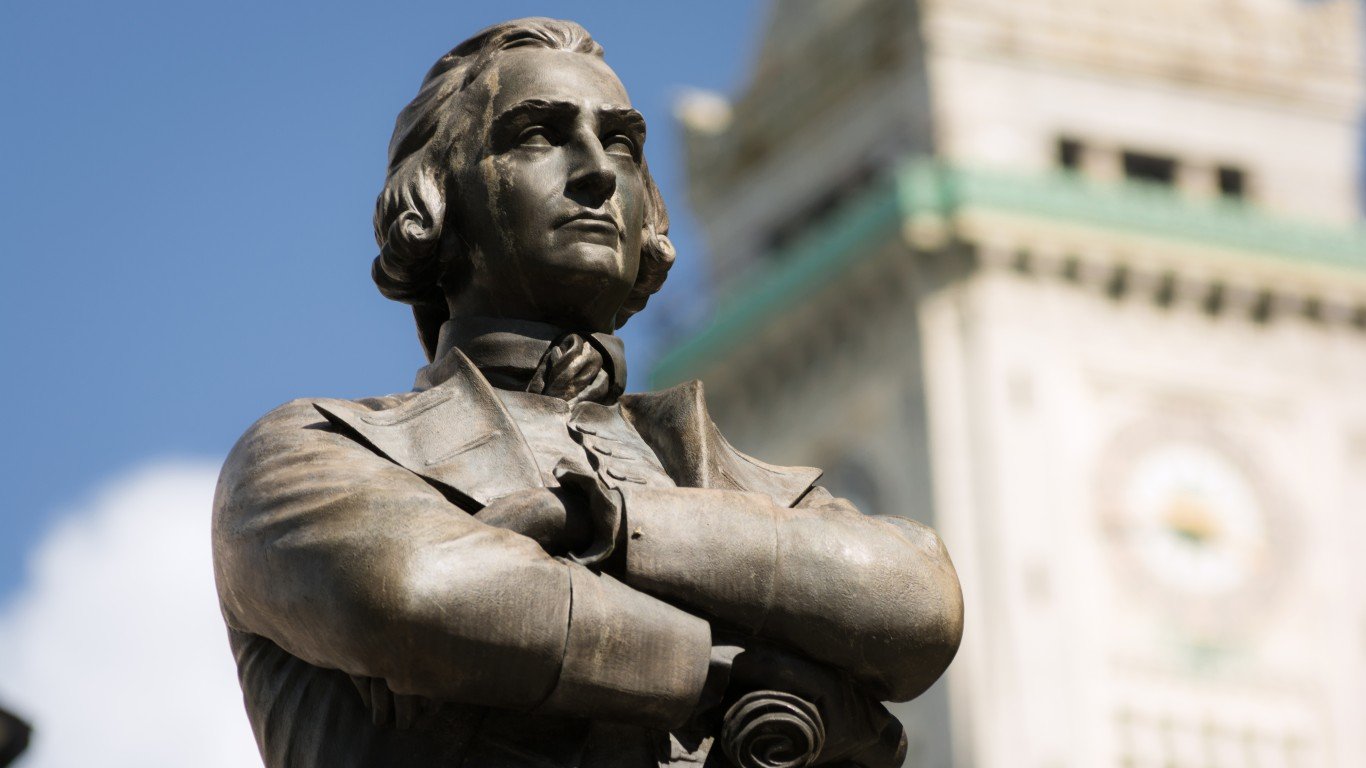
Samuel Adams (1722-1803)
> State: Massachusetts
A cousin of John Adams, Samuel Adams has been described as “an excellent politician, an unsuccessful brewer, and a poor businessman.” (Despite his apparent lack of brewing success, the Boston Beer Company’s popular Samuel Adams brand is named after him.) A leading advocate for independence and a close friend of writer and intellectual Tom Paine, Adams was known as an eloquent orator.
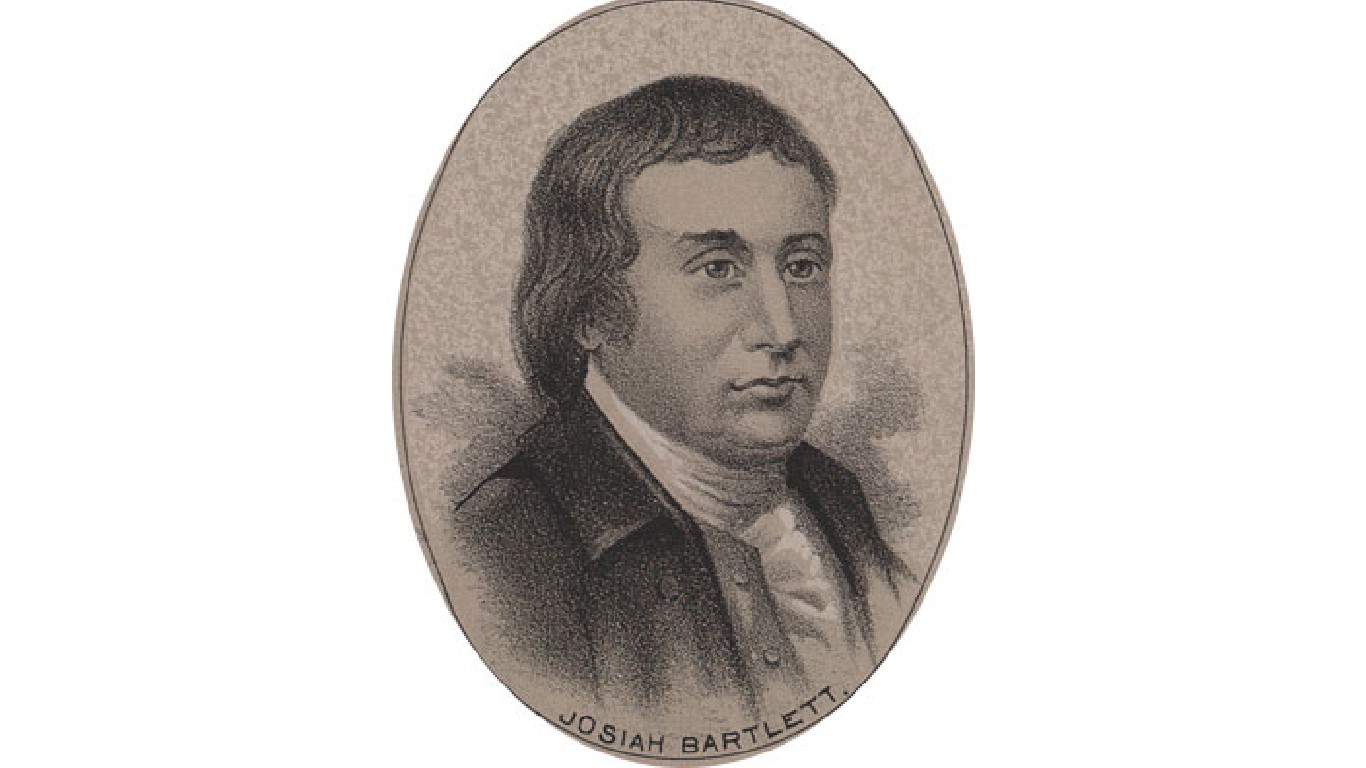
Josiah Bartlett (1729-1795)
> State: New Hampshire
Massachusetts-born Bartlett studied medicine and set up a practice as a doctor in Kingston, New Hampshire. Elected to represent the New Hampshire Colony at the Continental Congress, he was the second person to sign the Declaration of Independence, after John Hancock. He later became governor of the new state of New Hampshire.
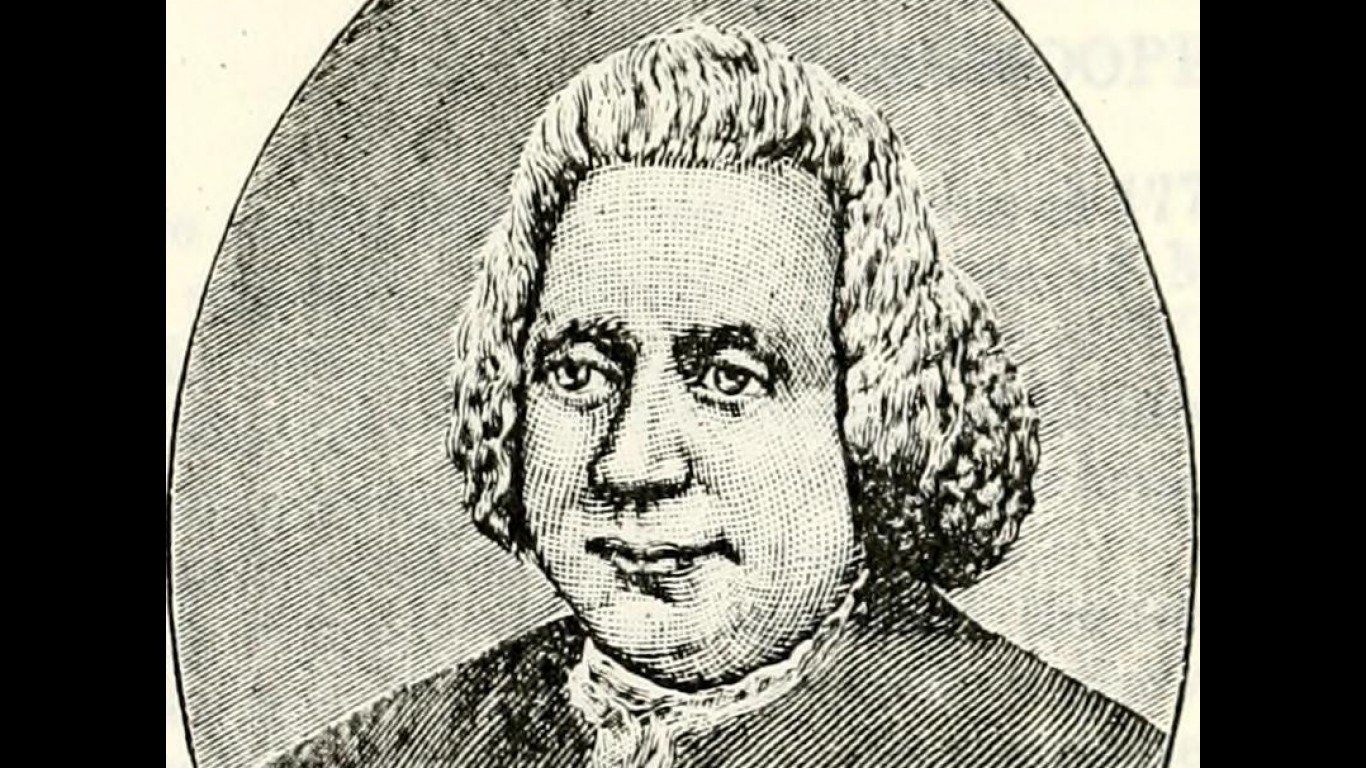
Carter Braxton (1736-1797)
> State: Virginia
Coming from a wealthy plantation family, Braxton became a member of the Virginia House of Burgesses, the first democratically elected legislative body in British North America, before being named to the Virginia delegation to the Continental Congress. He subsequently served in the U.S. Congress. Braxton, who is known to have had as many as 18 children, made poor financial decisions after serving in Congress and died penniless.
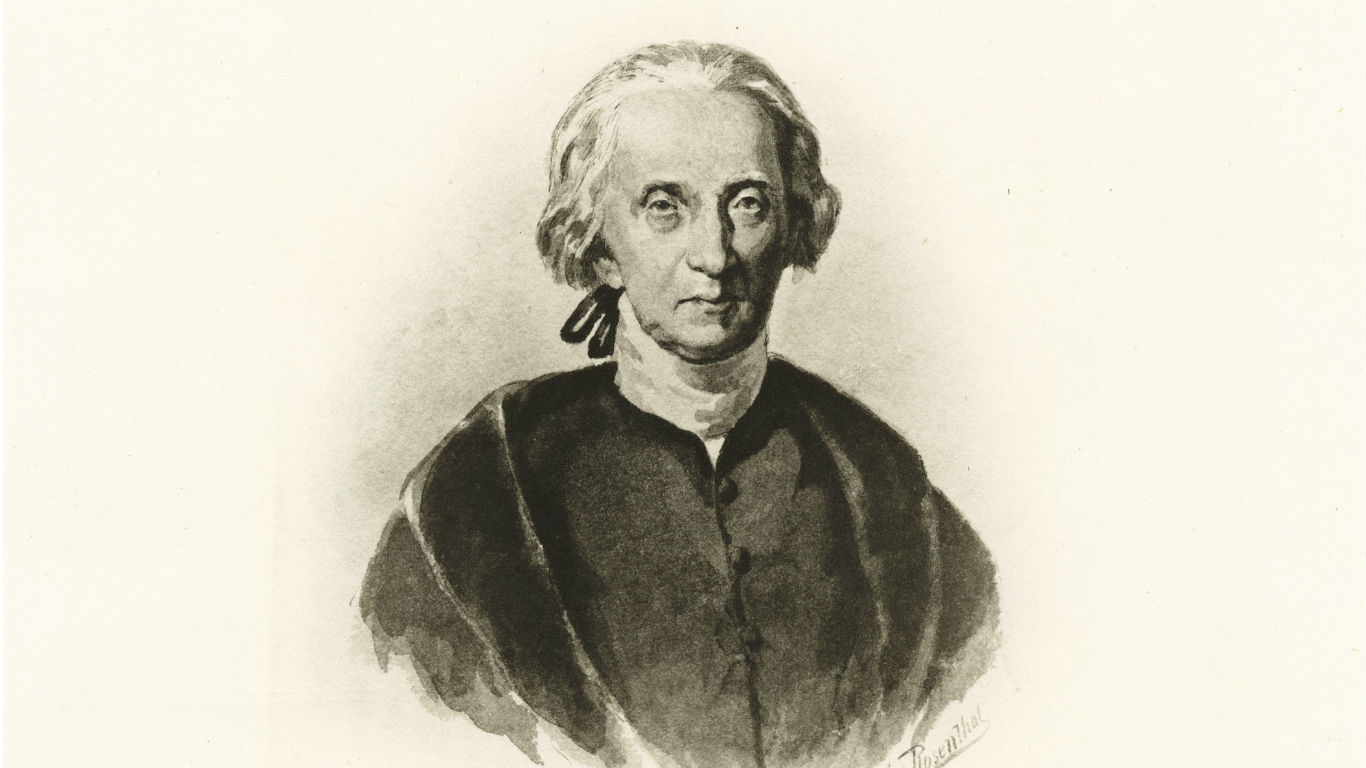
Charles Carroll of Carrollton (1737-1832)
> State: Maryland
Carroll was born into a wealthy Annapolis family, and shipped off to be educated in France at the age of 8. He returned to America 20 years later, after subsequent studies in London, and promptly became active in the patriot cause. He held numerous offices in Maryland, both before and after independence, and helped frame the Maryland constitution. He signed the Declaration of Independence as “Charles Carroll of Carrollton,” a form of his name that he used to distinguish himself from a number of other Maryland Charles Carrolls. He was the last survivor of the signers, dying at the age of 95.
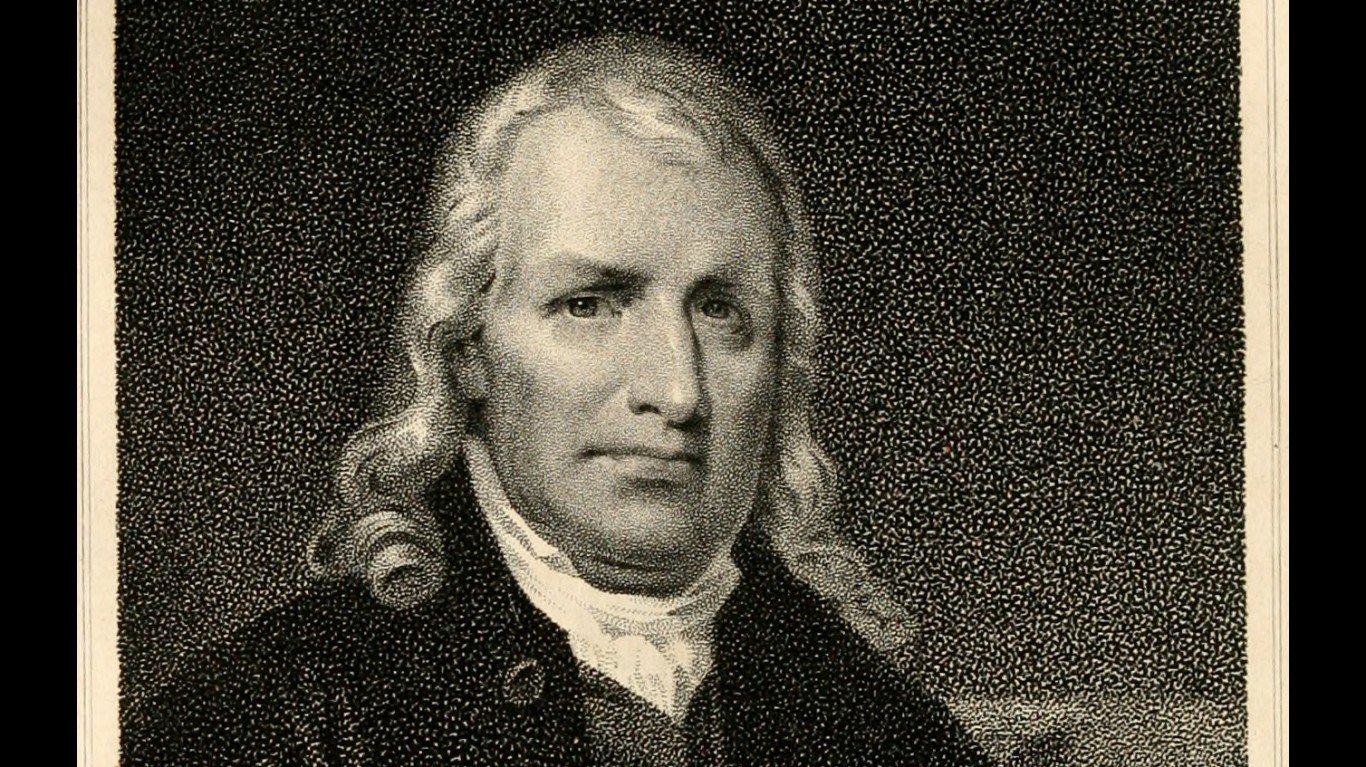
Samuel Chase (1741-1811)
> State: Maryland
Classically educated in Baltimore, Chase had a long and distinguished legal career in Maryland, becoming chief justice of the state supreme court and then an associate justice of the U.S. Supreme Court. He held that post from 1796 until his death in 1811. In the course of his tenure, he became the only Supreme Court justice to ever face impeachment proceedings, brought by Thomas Jefferson and his followers after he resisted Jefferson’s attempt to weaken federal judicial powers. His acquittal by the Senate was considered a victory for judicial independence.
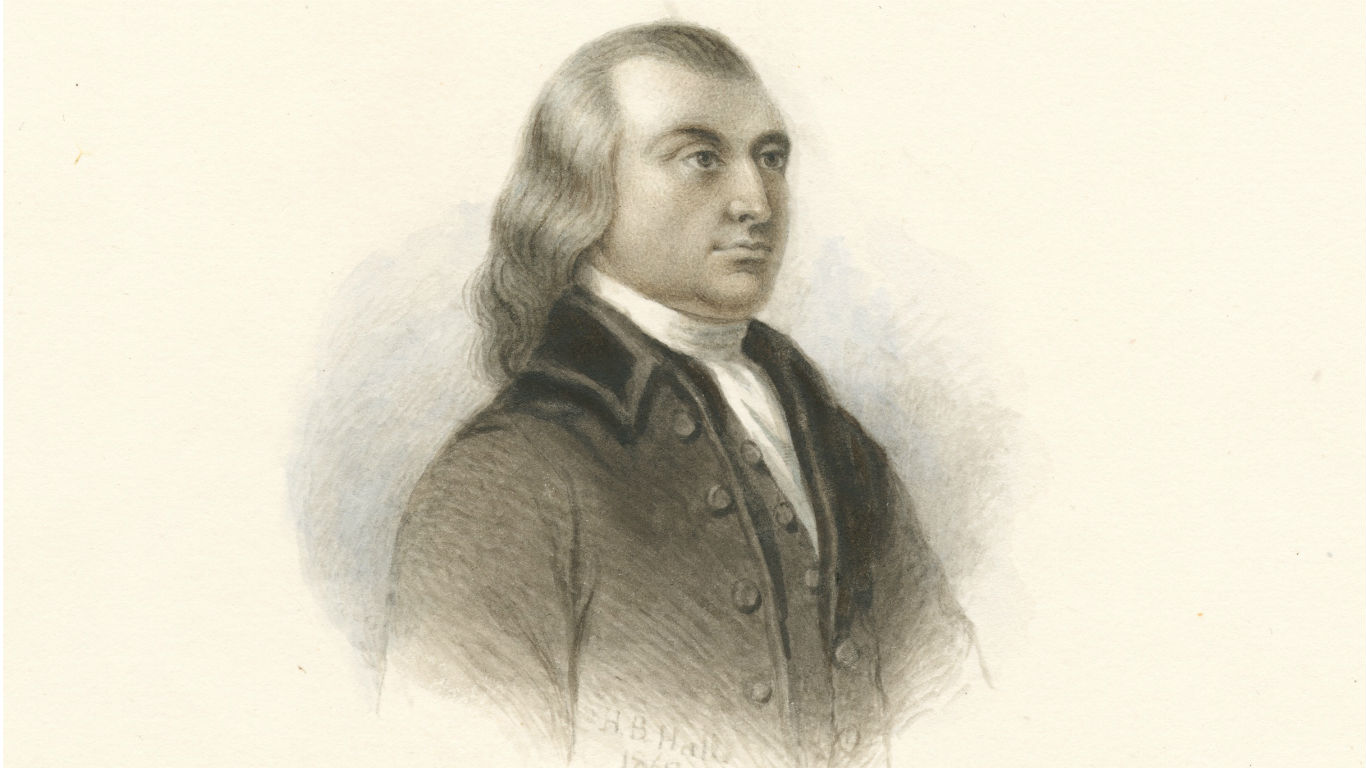
Abraham Clark (1725-1794)
> State: New Jersey
A self-taught surveyor and lawyer, born in what is now the New Jersey city of Elizabeth, Clark became locally popular by representing poor farmers in land disputes. He held a number of regional offices before being sent to the Continental Congress as a representative of New Jersey. He served in Congress throughout the Revolutionary War, and after retiring continued to be active in community politics.
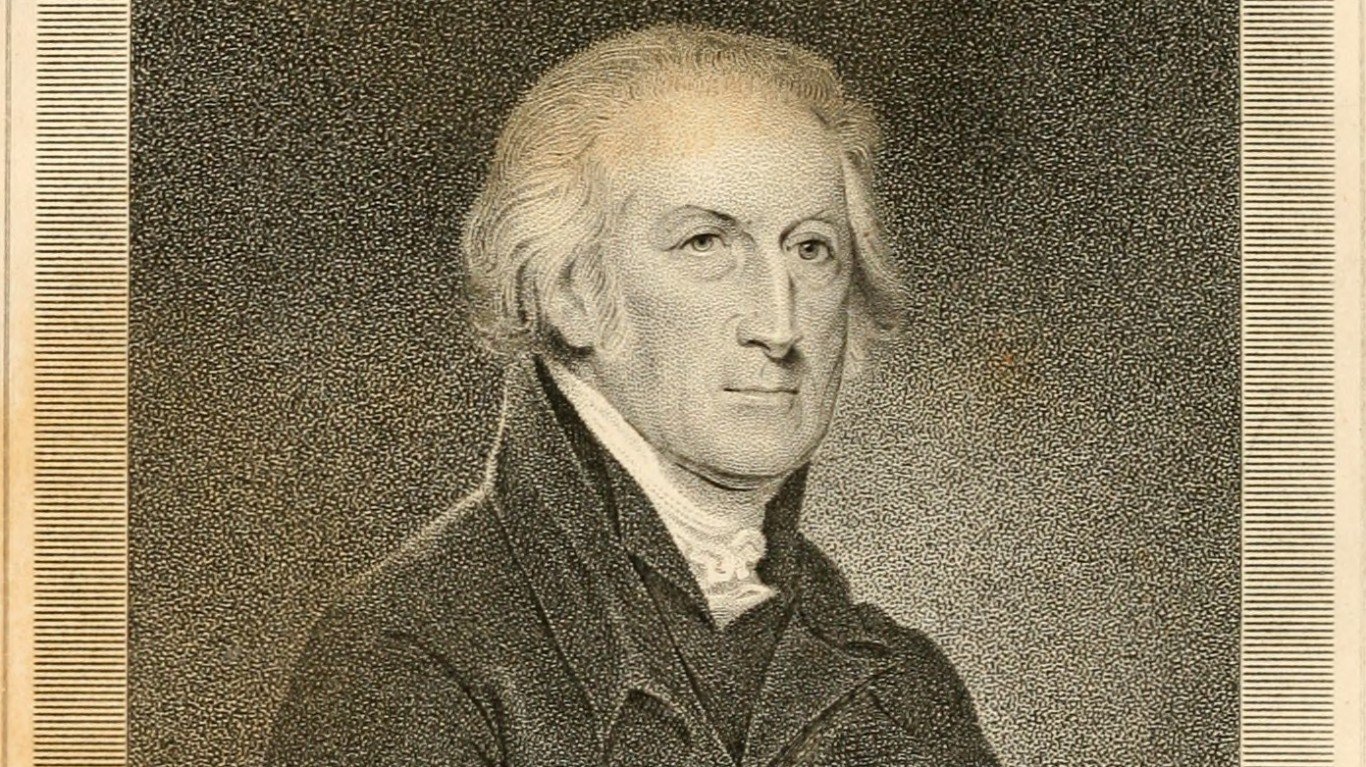
George Clymer (1739-1813)
> State: Pennsylvania
Clymer was a merchant, born in Philadelphia, who became active politically after the British government imposed the unpopular Tea Act and Stamp Act on the colonies. He was an avid supporter of George Washington as both a general and a politician. In retirement, Clymer became the first president of the Philadelphia Academy of Fine Arts and of the Philadelphia Bank.
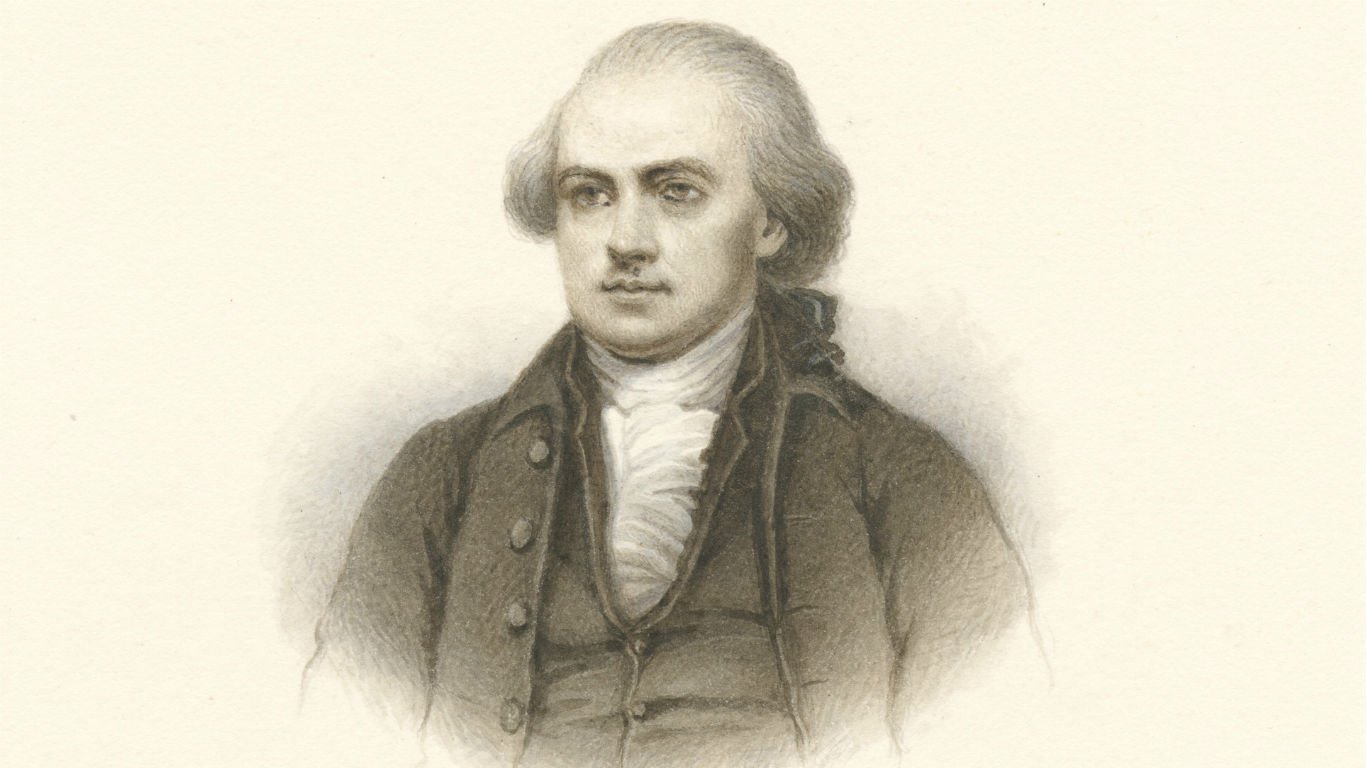
William Ellery (1727-1820)
> State: Rhode Island
Born in Newport and educated at Harvard College, graduating at the age of 15, Ellery worked as a merchant, a customs collector, and the clerk of the Rhode Island General Assembly before settling on a career in law. After the Revolutionary War, he became an outspoken anti-slavery activist.

William Floyd (1734-1821)
> State: New York
Floyd was born into a prosperous farm family of Welsh descent. He became a soldier in the Suffolk County Militia, and was later elected to the first U.S. Congress under the new constitution. In 1808, he became a state senator. His family’s estate is now part of the Fire Island National Seashore.

Benjamin Franklin (1706-1790)
> State: Pennsylvania
The protean Boston-born Franklin, one of the most famous of the signers, was a businessman, inventor, writer, printer, publisher, scientist, diplomat, and legislator. He was the first postmaster general of the United States and a minister to the French court. A major force in the rebellion against the British, he helped Jefferson draft the Declaration of Independence. Though he owned slaves and initially believed that blacks were inferior to white Europeans, his views evolved and he became a major supporter of the abolitionist cause.
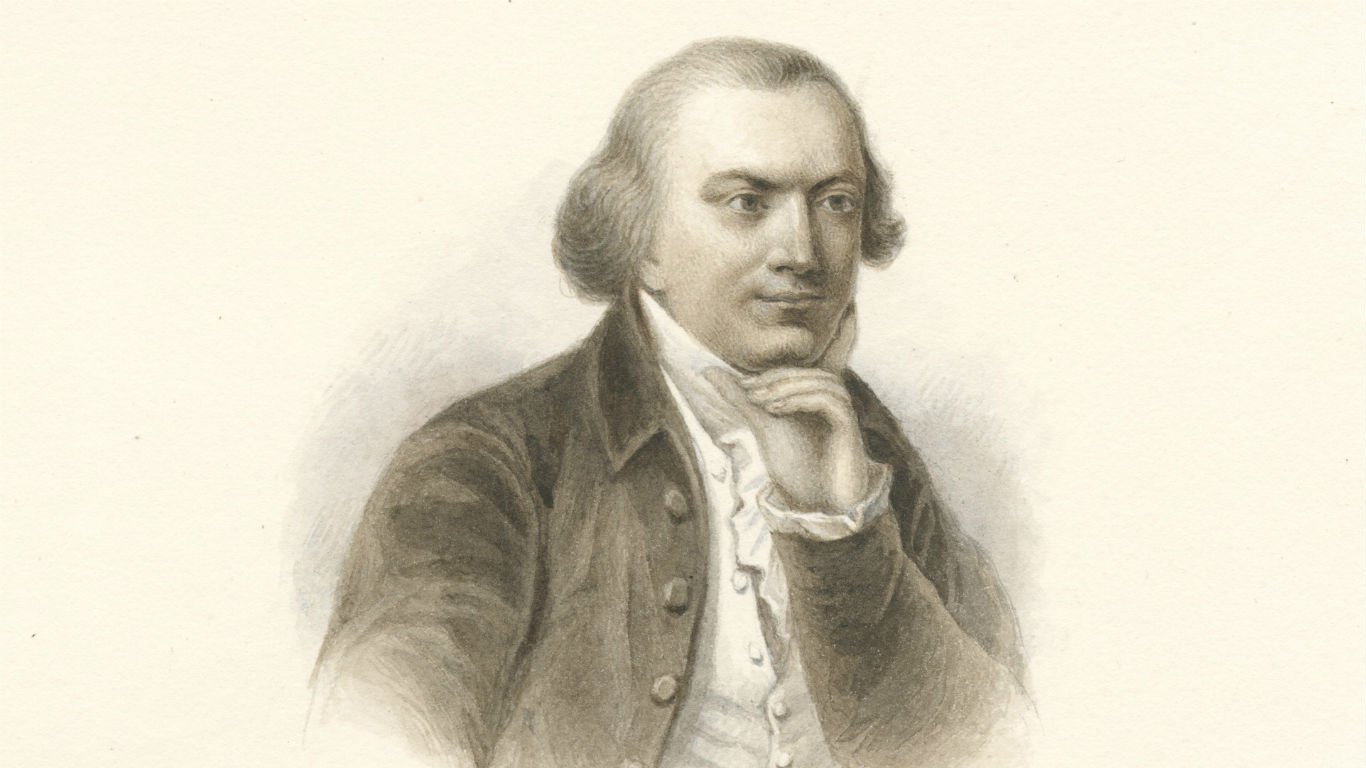
Elbridge Gerry (1744-1814)
> State: Massachusetts
In addition to his service in the Continental Congress and as an envoy to France, as governor of his home state of Massachusetts, and as James Madison’s vice president, Gerry has another political distinction: When he was governor, he redrew the map of Massachusetts voting districts to favor his own political party. The Boston Globe ran a cartoon depicting the redrawn districts in the shape of a salamander, with the caption “The Gerrymander” — thus giving birth to a term used to this day to mean the manipulation of district boundaries to favor one political faction.
Button Gwinnett (1735-1777)
> State: Georgia
Gwinnett was born in Gloucestershire, England, to Welsh parents, and moved to Charleston, South Carolina in 1762. He went on to establish a large plantation in neighboring Georgia, and became commander of Georgia’s Continental Battalion. Gwinnett and one Laclan McIntosh became bitter political rivals, representing opposing factions in Georgia’s patriot movement. In 1777, McIntosh denounced Gwinnett in the Georgia Assembly as “a scoundrel and a lying rascal” — prompting Gwinnett to challenge him to a duel. The men shot each other, but McIntosh recovered while Gwinnett died of his wounds three days later.
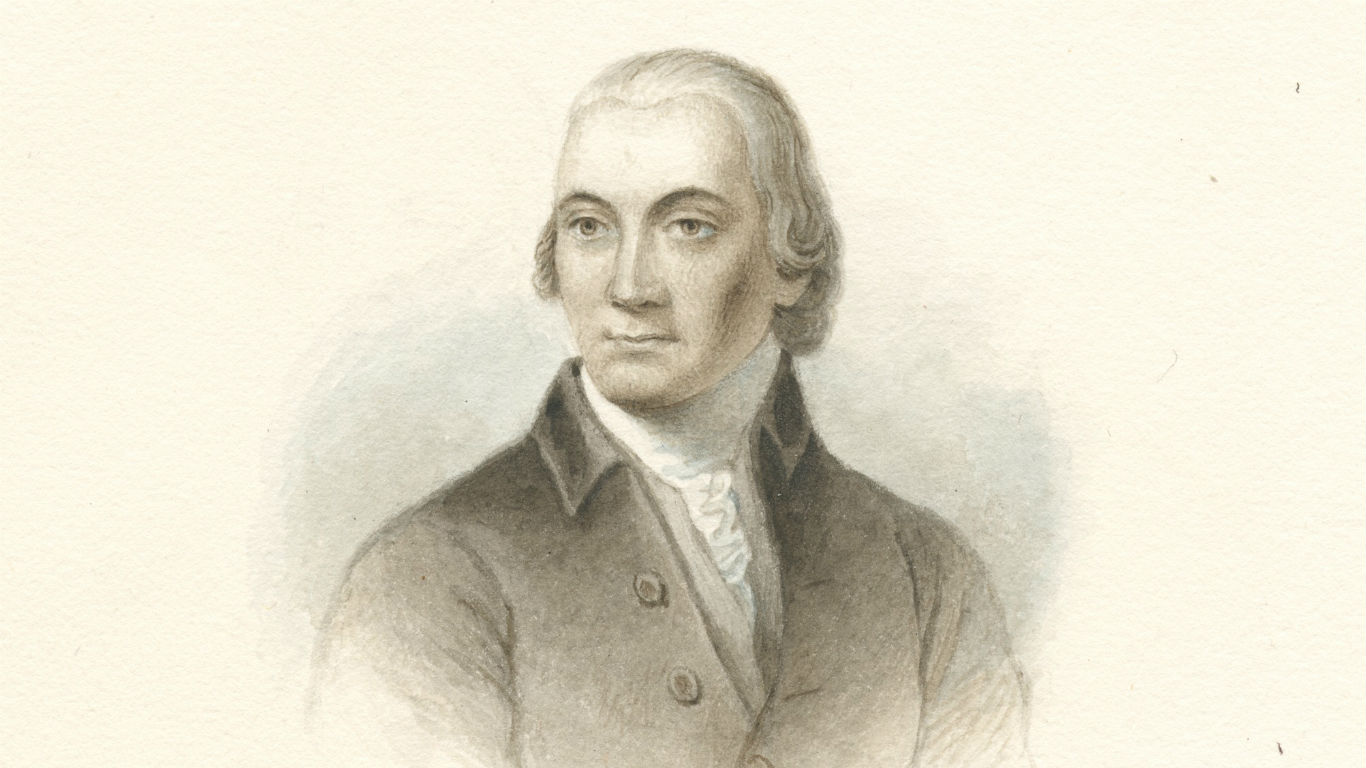
Lyman Hall (1724-1790)
> State: Georgia
Hall was born in Connecticut and studied medicine at Yale. He set up a practice in Charleston, South Carolina, moved to Georgia to establish a plantation, returned to practice medicine in Charleston, and then settled again in Georgia — where he began helping to provision the Revolutionary Army. After the war, he was elected to Georgia’s House of Assembly and later became governor of the state.
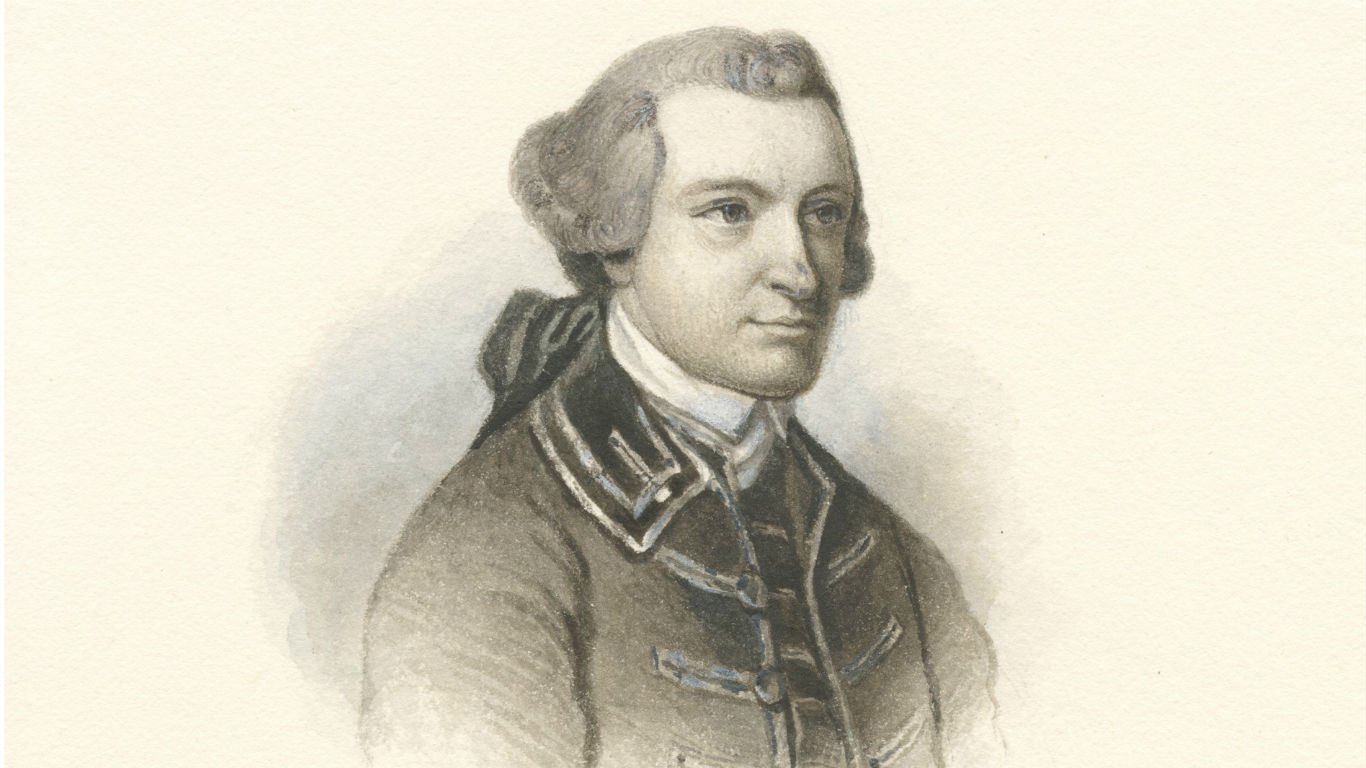
John Hancock (1737-1793)
> State: Massachusetts
Hancock, a Massachusetts native who studied business at Harvard College, was the first man to sign the Declaration of Independence. With plenty of room in the document, he inscribed his name large and with dramatic flourishes. “I guess King George will be able to read that!” he reportedly exclaimed. His name stands out so vividly on the Declaration that “John Hancock” became a synonym for “signature” (as in “Put your John Hancock right there”). His revolutionary activities included delivering a stirring oration commemorating the Boston Massacre and support of the Boston Tea Party, and he served as both the president of the Continental Congress and the governor of Massachusetts.

Benjamin Harrison (1726-1791)
> State: Virginia
The father of William Henry Harrison, the ninth U.S. president, Harrison was a member of the Virginia House of Burgesses, and after independence, served five years as governor of his native Virginia. In his time, he was known as one of Virginia’s wealthiest men. His descendants included two U.S. presidents: William Henry Harrison; and one of his great-grandsons, a later Benjamin Harrison, became our 23rd president.

John Hart (1711-1779)
> State: New Jersey
A successful farmer, Hart entered public service as a justice of the peace and was subsequently elected to the New Jersey Assembly. In 1778, he invited some 12,000 of George Washington’s troops to camp on his farm to rest before resuming their battles with the British. Washington lunched with Hart before holding his July 12 Council of War nearby, at which the general planned his attack on Staten Island.
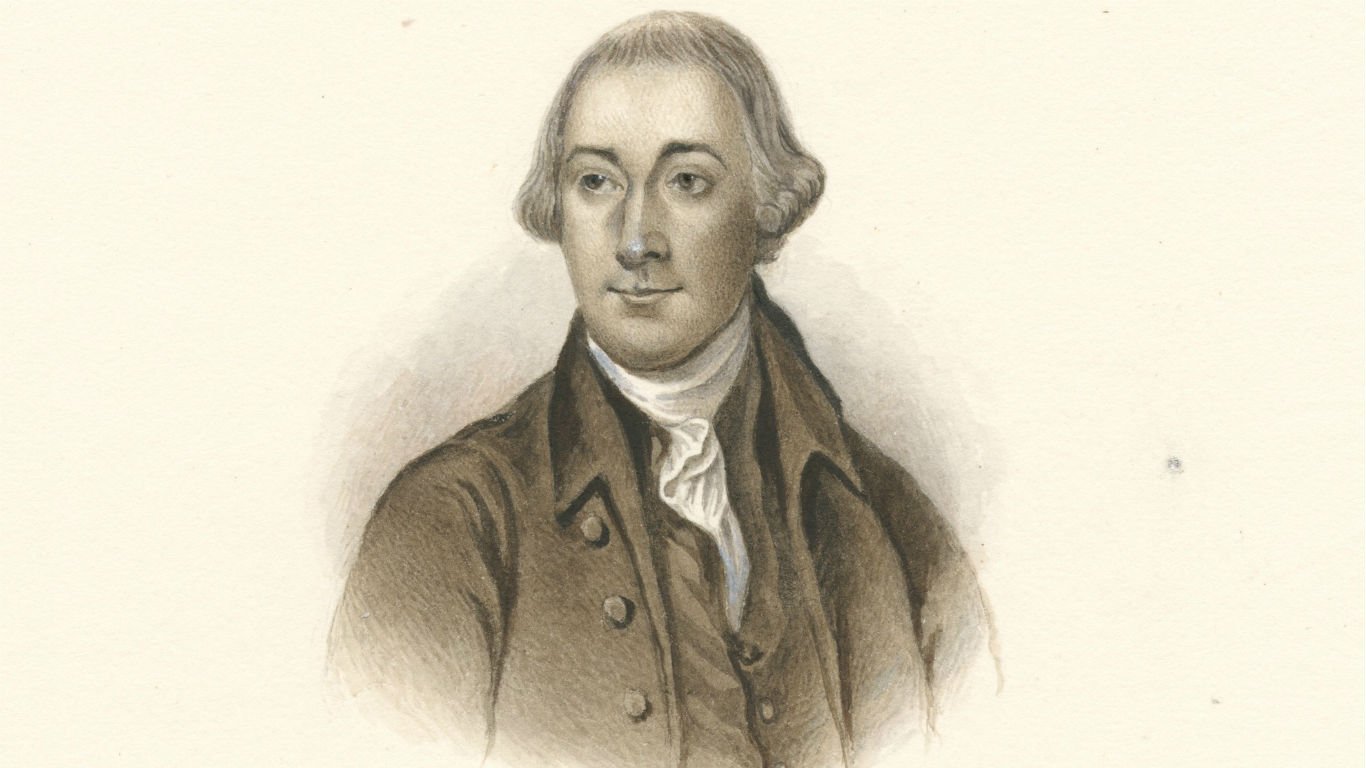
Joseph Hewes (1730-1779)
> State: North Carolina
Born in Princeton, New Jersey, and educated at what was then called Princeton College, Hewes moved to Wilmington, North Carolina, and established a successful shipping business. He was known as the leading expert in maritime affairs in the Continental Congress, and placed his ships at the disposal of the Continental Army during the Revolutionary War. He later became secretary of the congressional Naval Affairs Committee. The Liberty ship SS Joseph Hewes, which served in World War II, was named in his honor.
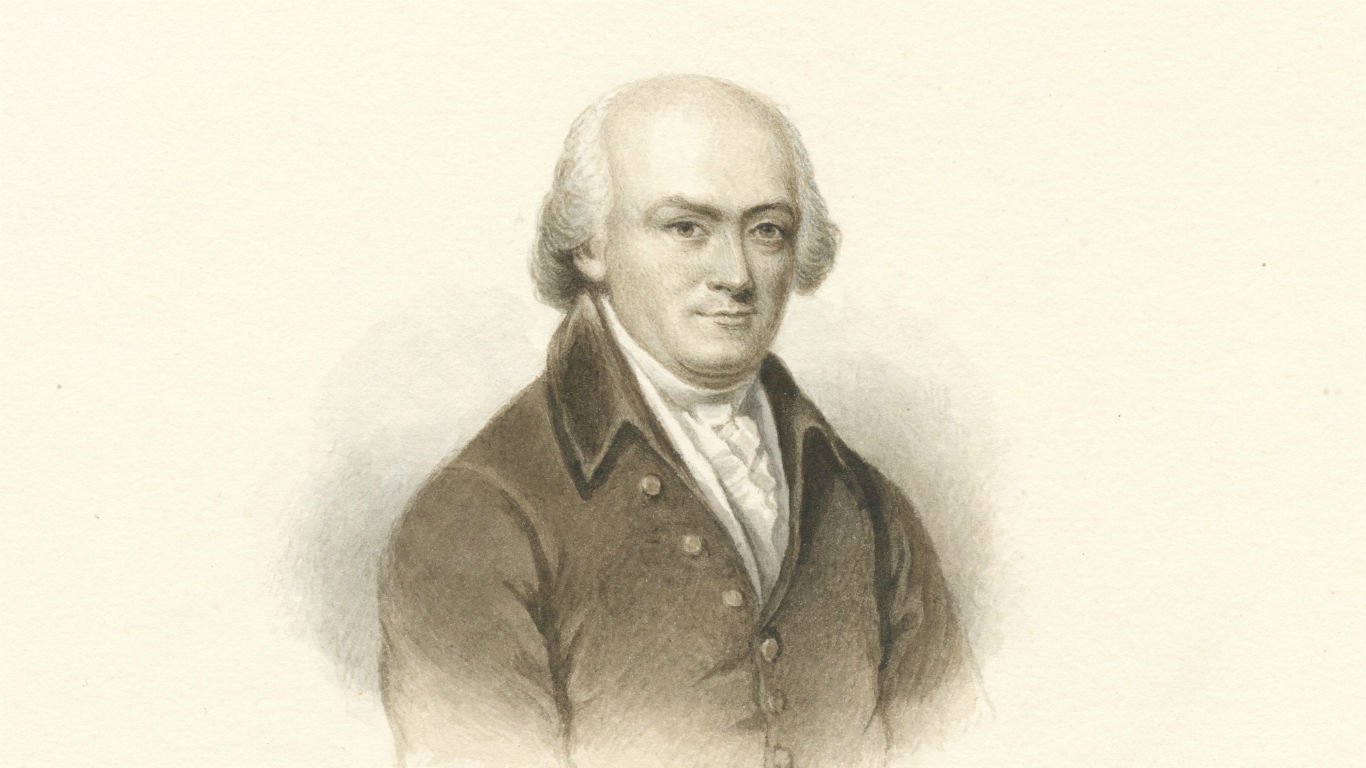
Thomas Heyward, Jr. (1746-1809)
> State: South Carolina
The son of a wealthy planter, Heyward studied law in both England and America, becoming one of the earliest advocates of the patriot cause in South Carolina. To the dismay of his father, who feared that the British would hang him in retaliation, Heyward signed the Declaration of Independence just after his 30th birthday, and went on to join the South Carolina Militia as a captain of artillery. He later served as a judge in his native state for 15 years before retiring.
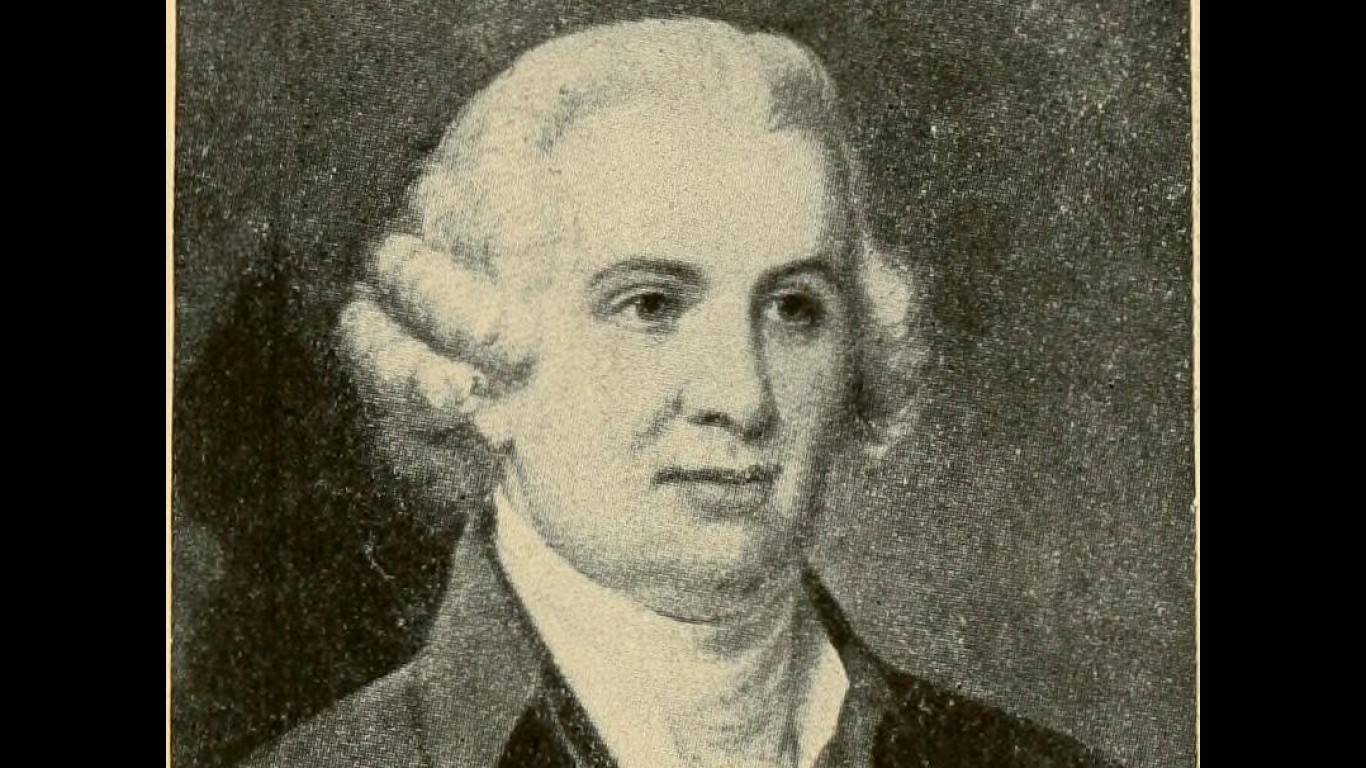
William Hooper (1742-1790)
> State: North Carolina
Boston-born and educated at Harvard, where he studied law, Hooper settled in the North Carolina town of Wilmington in 1767. He served for two years in the Continental Congress, and became a judge of the Federal Court after independence before retiring in ill health. He died young, at 48.
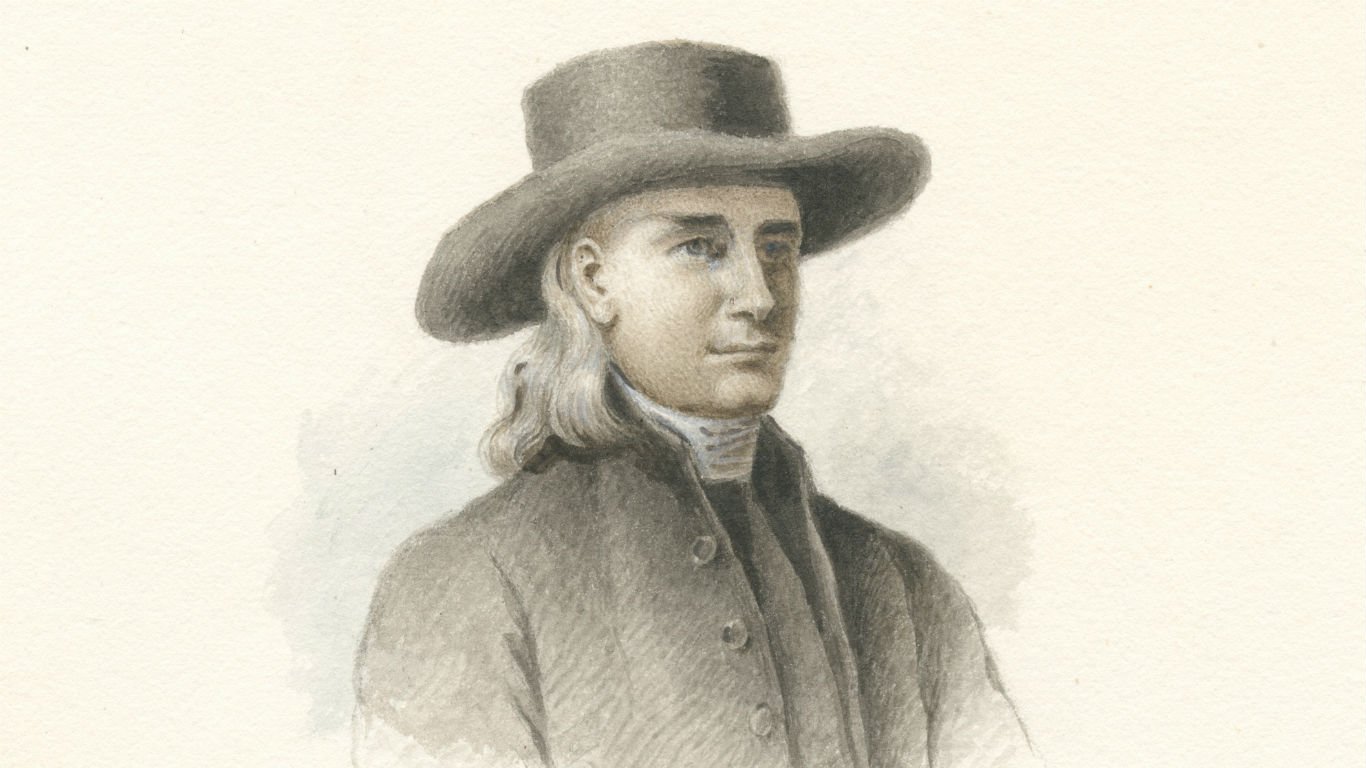
Stephen Hopkins (1707-1785)
> State: Rhode Island
Apparently self-educated, Hopkins was politically active as a young man but also became a successful shipbuilder, credited with helping to transform Providence into a major commercial center. He and his friend Benjamin Franklin were the two oldest signers. Hopkins was also a cousin of the traitorous Benedict Arnold.
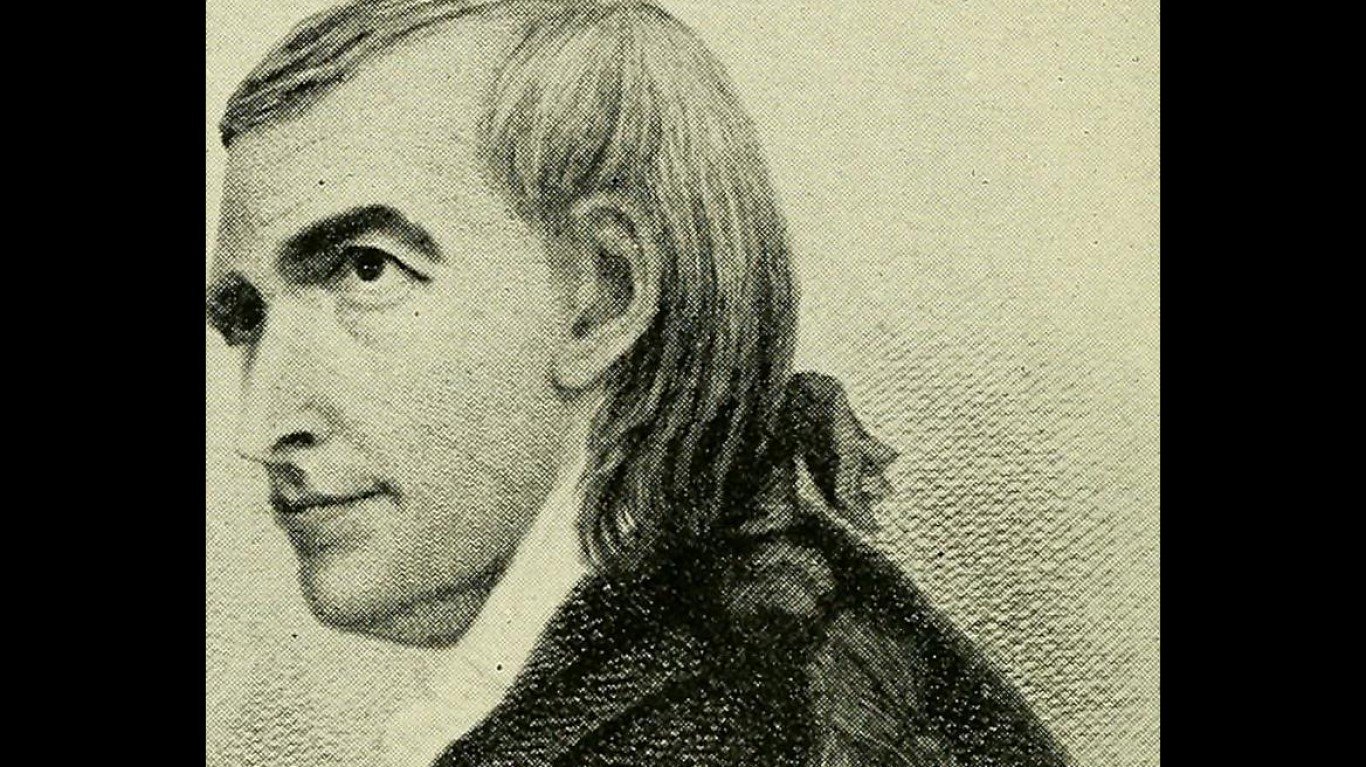
Francis Hopkinson (1737-1791)
> State: New Jersey
Born into a wealthy Philadelphia family, Hopkinson studied law there and in England, and held several judgeships in Pennsylvania, though he represented New Jersey at the Constitutional Convention. He was an accomplished writer and composer, whose works included a satirical anti-British ballad, set to the tune of “Yankee Doodle,” called “Battle of the Kegs.” He also claimed credit for designing the American flag, though the claim has been disputed.
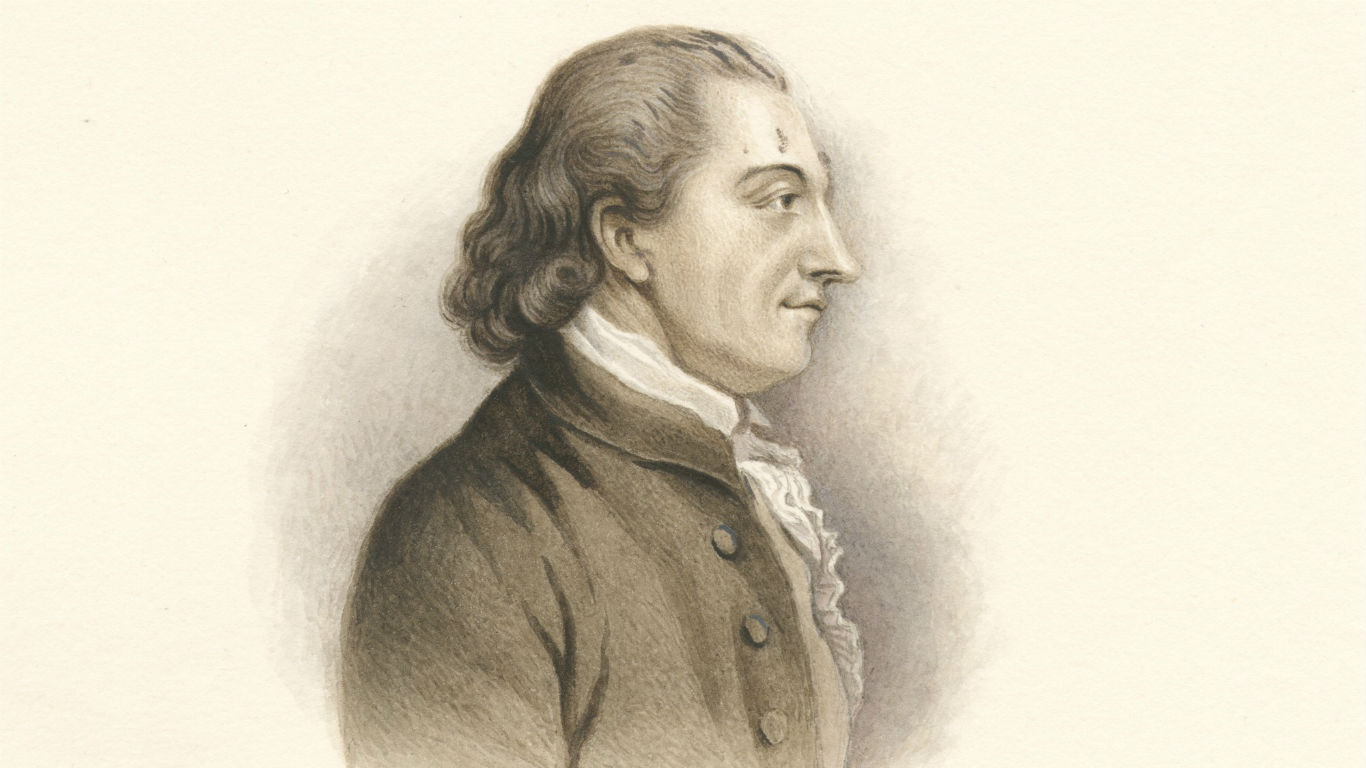
Samuel Huntington (1731-1796)
> State: Connecticut
A self-taught lawyer born in the Connecticut town of Windham, Huntington was successively an attorney, tax collector, town-meeting moderator, and justice of the peace in nearby Norwich, going on to hold several higher offices in the colony. After independence, he became lieutenant-governor and chief superior court judge in Connecticut, and for a decade was its governor. He is credited with helping to build roads and develop industry in the state.
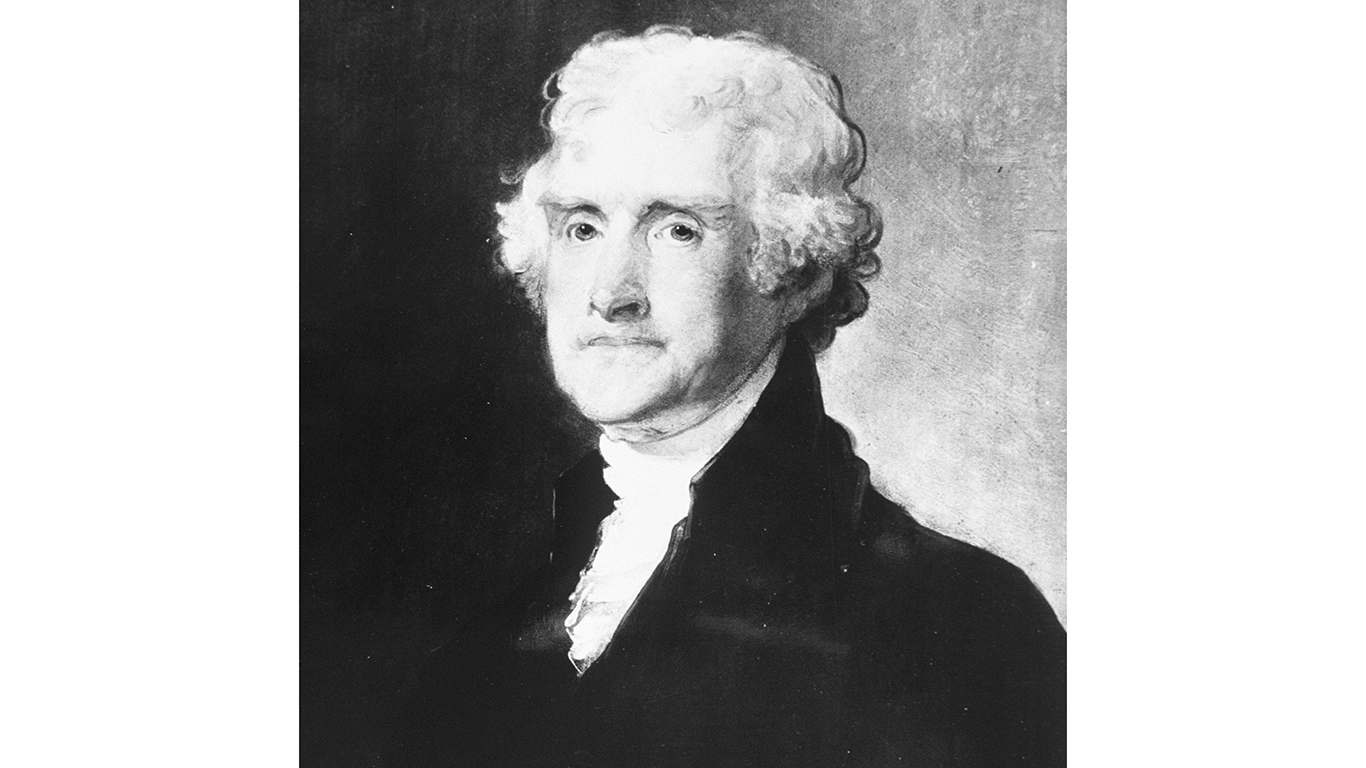
Thomas Jefferson (1743-1826)
> State: Virginia
When John F. Kennedy hosted an assemblage of Nobel Prize winners from around the Western Hemisphere at the White House in 1962, he remarked “I think this is the most extraordinary collection of talent, of human knowledge, that has ever been gathered together at the White House, with the possible exception of when Thomas Jefferson dined alone.” A lawyer, farmer, scientist, musician, architect, inventor, author, and quintessential politician, he served variously as governor of Virginia, minister to the French court, secretary of state, vice president (under John Adams), and ultimately the third president of the United States. He was also the principal author of the Declaration of Independence.
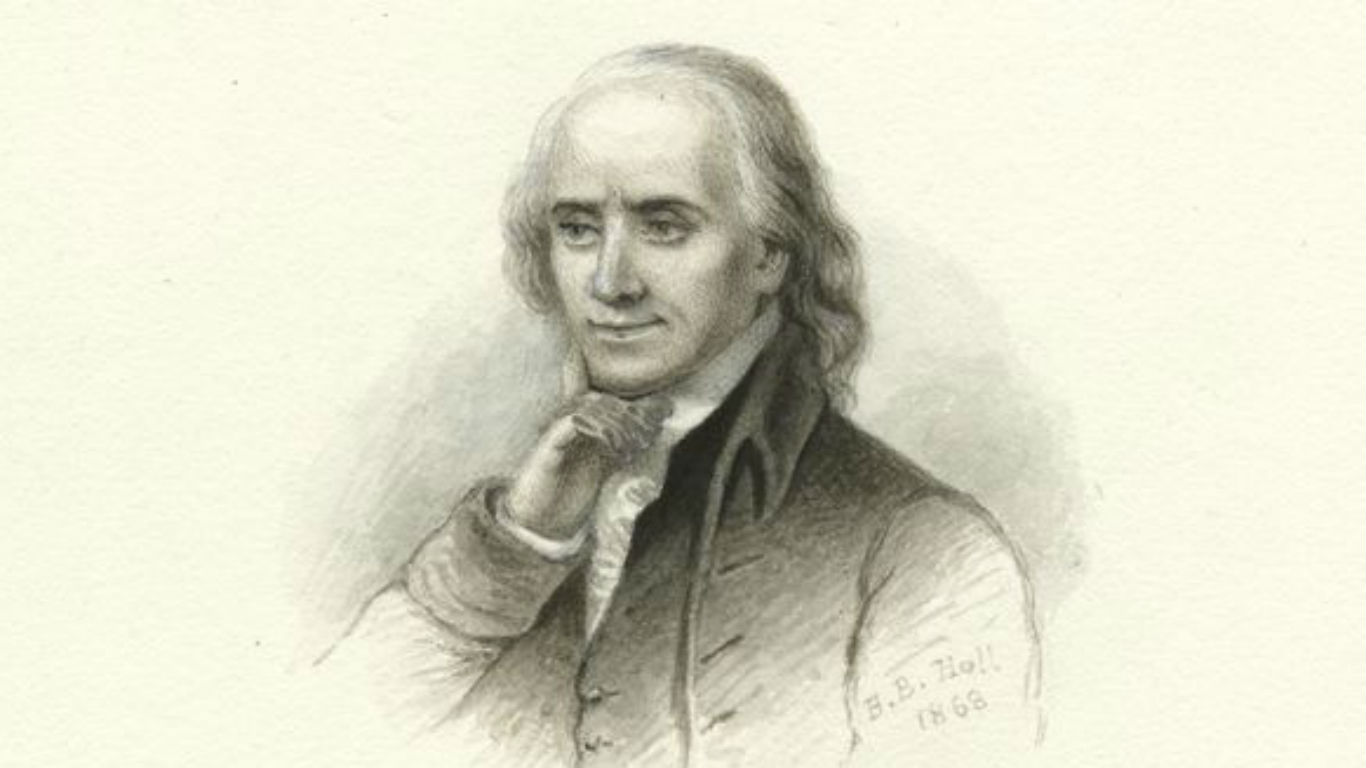
Francis Lightfoot Lee (1734-1797)
> State: Virginia
One of the only pair of brothers to sign the Declaration of Independence, Lee was a member of the Virginia House of Burgesses, the first democratically elected legislative body in British North America and a hotbed of revolutionary sentiment later dissolved by the British. (It continued to meet in secret at the Raleigh Tavern in Williamsburg.) He was an associate of Patrick (“Give me liberty or give me death!”) Henry and later served in the Virginia Senate.
Richard Henry Lee (1732-1794)
> State: Virginia
A signer with his brother, Francis, Lee was likewise a radical member of the Virginia House of Burgesses. Lee was elected to attend the first Continental Congress in 1774. He was to become the first state senator from Virginia under the newly formed U.S. government.
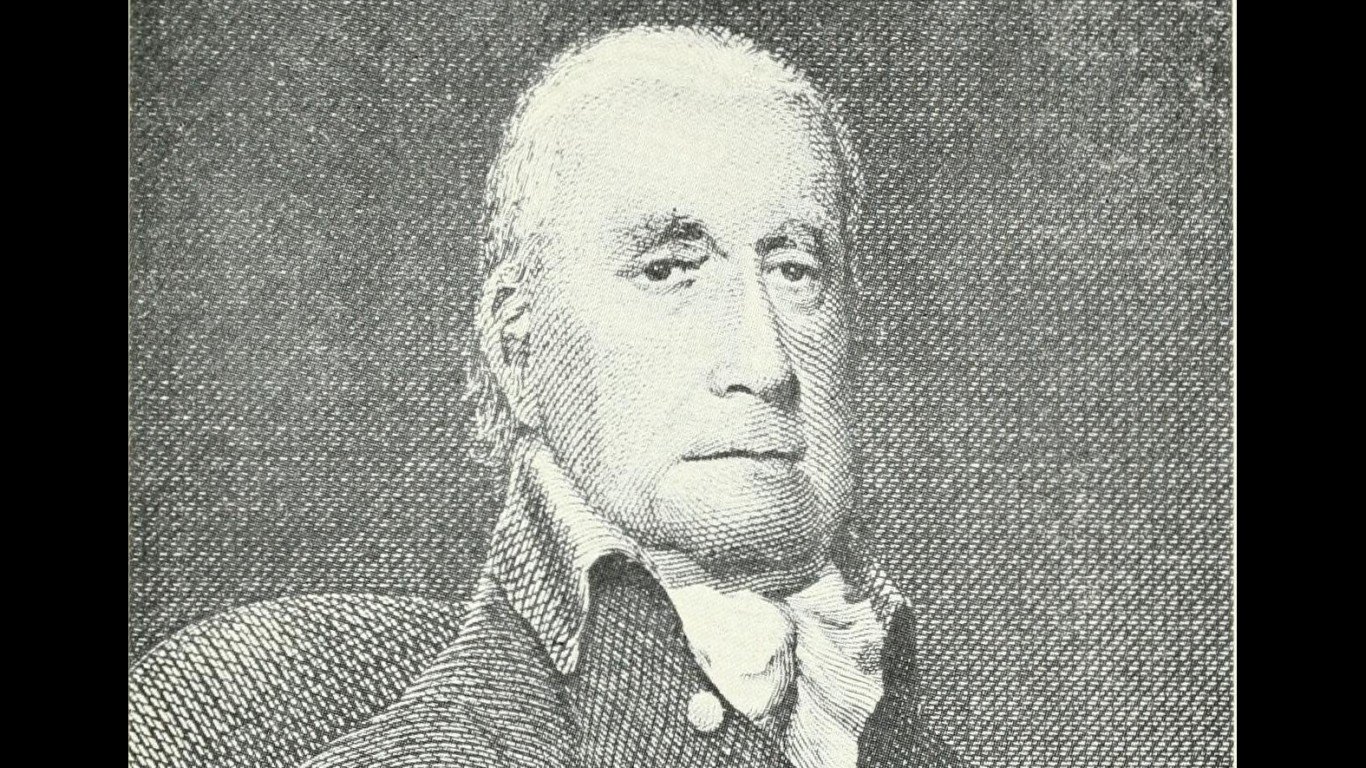
Francis Lewis (1713-1802)
> State: New York
Lewis was born in Wales and educated in Scotland and England, then worked as a merchant in London before emigrating to New York to set up his own business in 1734. He subsequently entered into international trade, making several trans-Atlantic voyages and surviving two shipwrecks off the coast of Ireland. Though he grew wealthy, he turned his attentions to radical causes and, along with fellow signer Philip Livingston, contracted to supply arms and ammunition to the rebellious colonists.
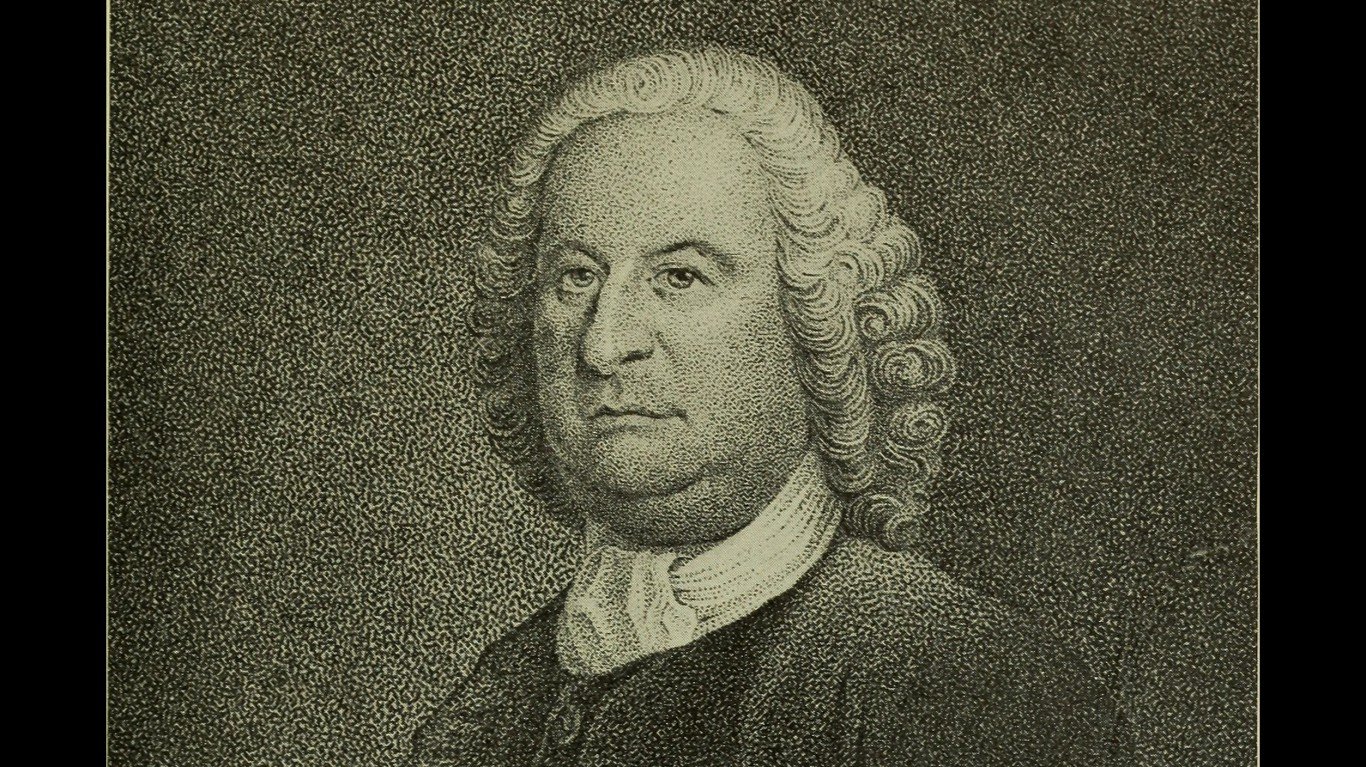
Philip Livingston (1716-1778)
> State: New York
Born in Albany and educated at Yale, Livingston became a prosperous merchant and alderman in New York City. He was a strong supporter of independence in the Continental Congress, and continued to serve in that body after being elected to the New York State Senate in 1777. Livingston was also one of the founders of King’s College, which became Columbia University.
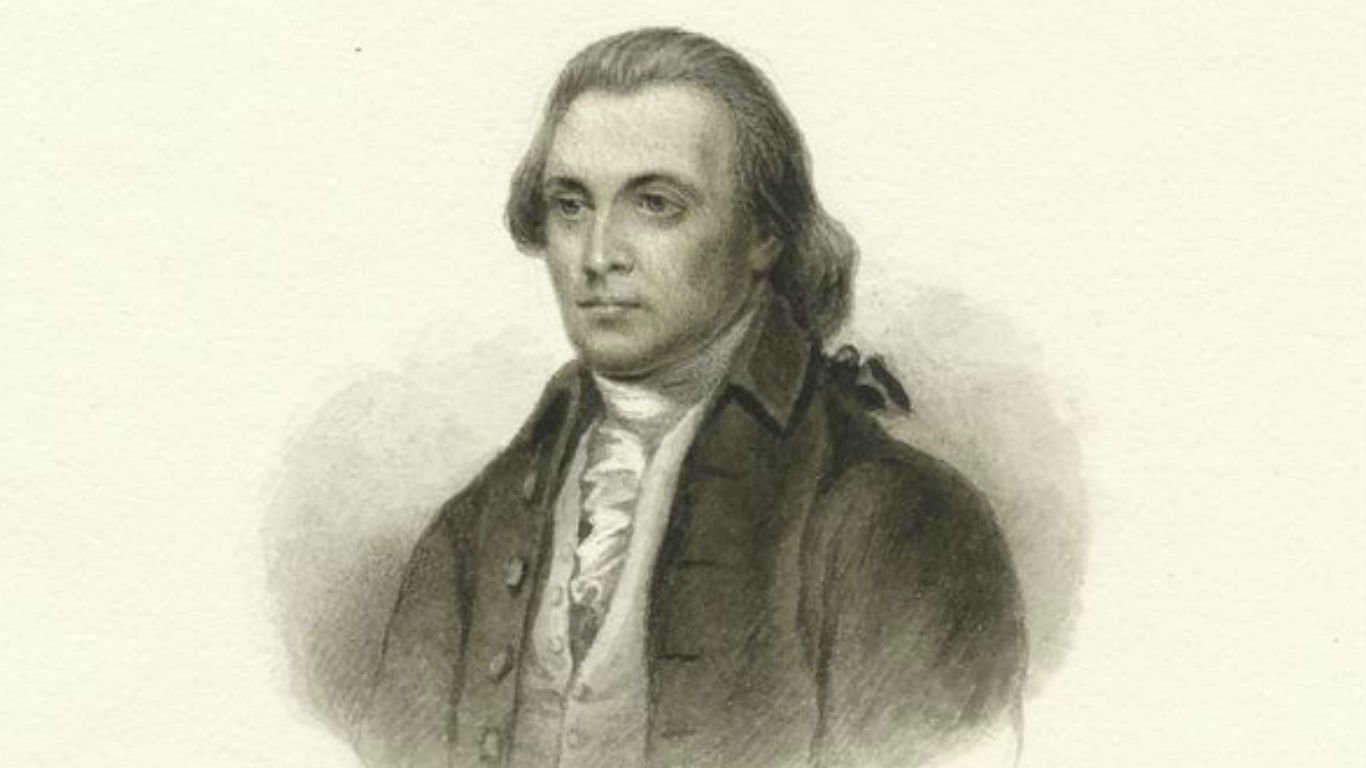
Thomas Lynch, Jr. (1749-1779)
> State: South Carolina
One of the two youngest signers, along with Edward Rutledge — both were 26 — Lynch attended Cambridge University in England and studied law in London. Back home, he was elected to the Continental Congress, but fell ill shortly after signing the Declaration. Late in 1776, he and his wife sailed for the West Indies, but the ship disappeared and neither was ever heard from again.
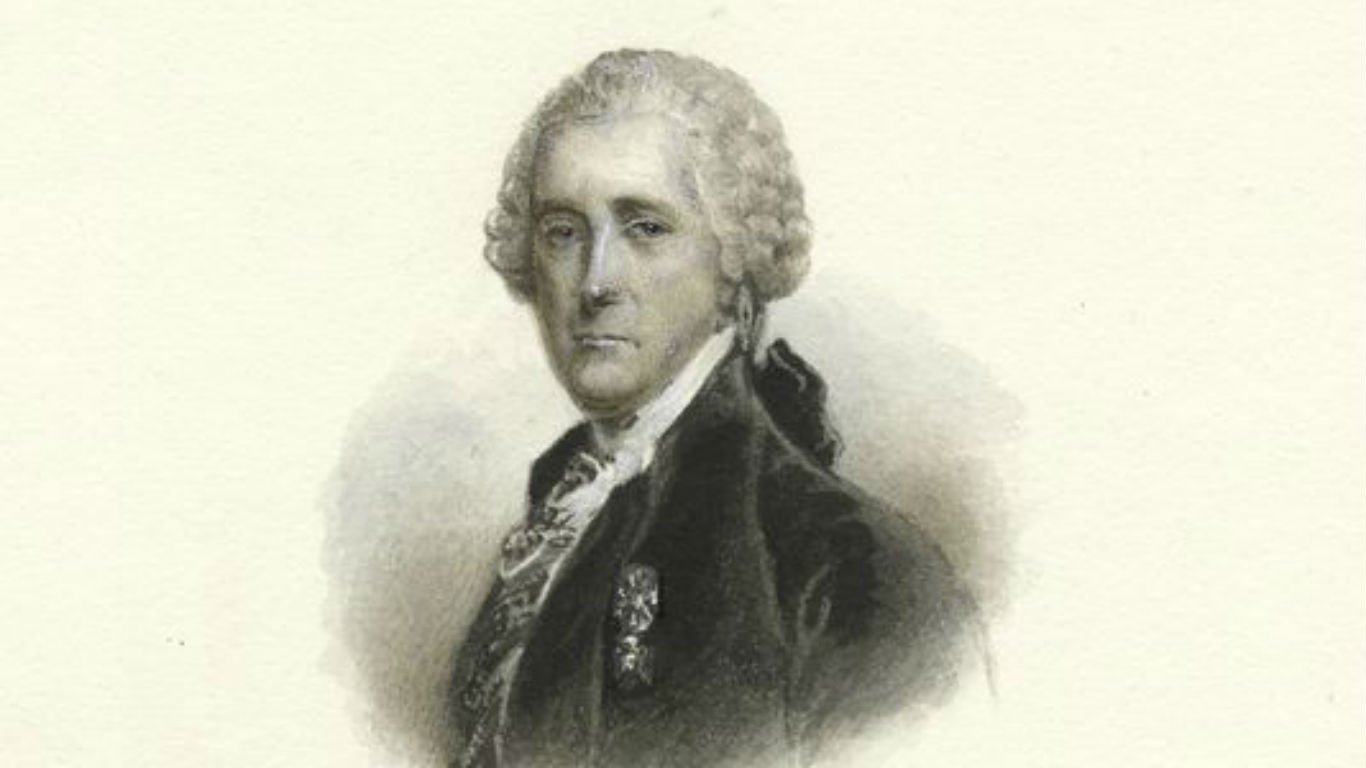
Thomas McKean (1734-1817)
> State: Delaware
The Pennsylvania-born McKean held an astonishing number of positions in both that state and Delaware over the course of his career, including member of the Delaware Assembly, Delaware delegate to the Stamp Act Congress, collector of Customs and commissioner of revenue for New Castle County (Delaware), delegate to the Continental Congress, president of Delaware, and both chief justice and later governor of the new state of Pennsylvania.
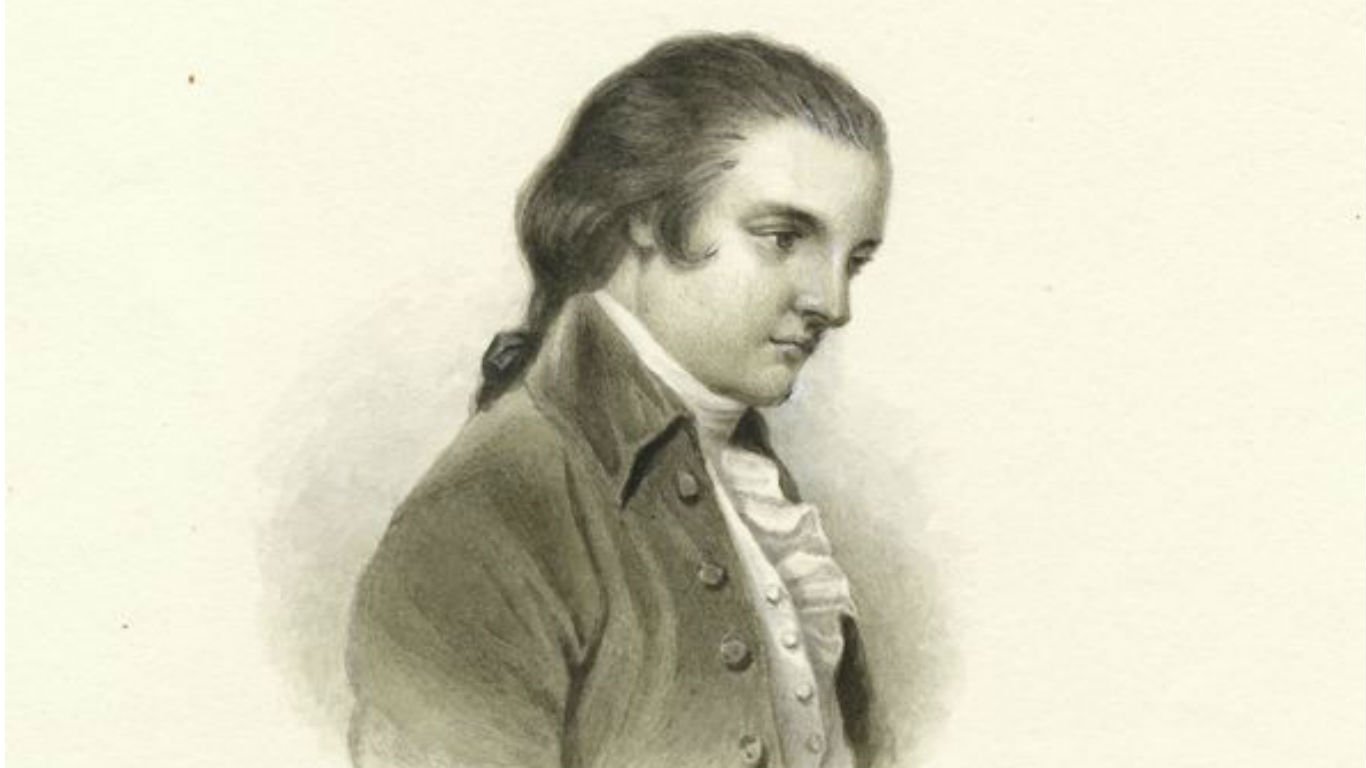
Arthur Middleton (1742-1787)
> State: South Carolina
Born in Charleston but educated at Cambridge University in England, Middleton traveled around Europe for three years before returning to South Carolina, where he was elected to the provincial House of Commons. He was active in the defense of Charleston against the British, but was captured and spent a year imprisoned. After the war, he served in the state legislature and was one of the original trustees of Charleston College.
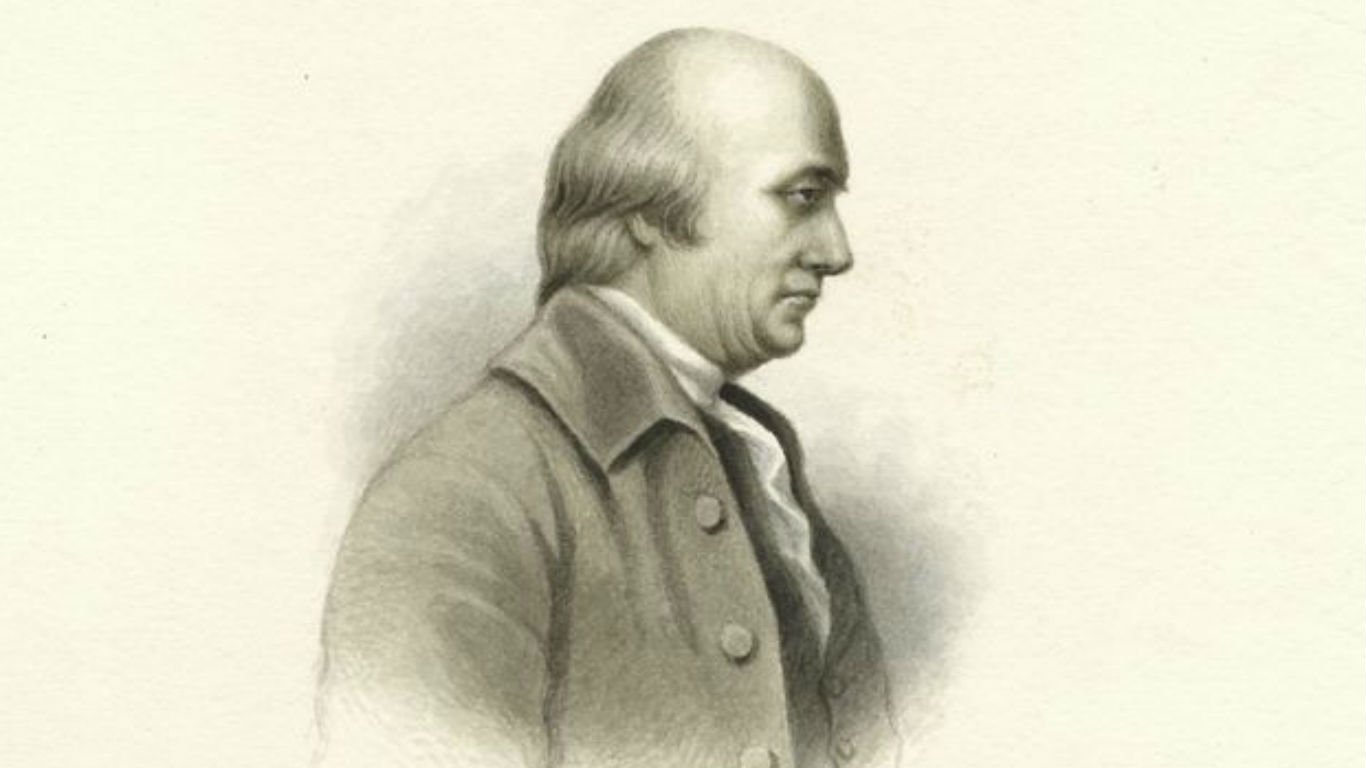
Lewis Morris (1726-1798)
> State: New York
Morris was born on his family’s farm estate, Morrisania, in what is now the Bronx, and studied at Yale. While a delegate to the Continental Congress, he also served as a brigadier general in the New York Militia. He went on to become a member of the New York legislature after independence. When the federal government was considering possible sites for a permanent national capital, he proposed that they consider Morrisania — citing as one of its advantages that its location meant it could “be amply protected by the hardy sons of New England on the one side, and the inhabitants of the populous City of New York on the other.”
Robert Morris (1734-1806)
> State: Pennsylvania
Born in England but arriving in America at the age of 10, Morris became a wealthy importer and businessman in Philadelphia. Financially acute, he was a major force in securing financing for the Revolutionary War, and after independence he created a national bank that became the Bank of North America. This was credited with bringing economic stability to the new nation and establishing its financial credibility abroad. Washington tried to appoint him as the first secretary of the treasury, but he declined and suggested Alexander Hamilton for the post instead.
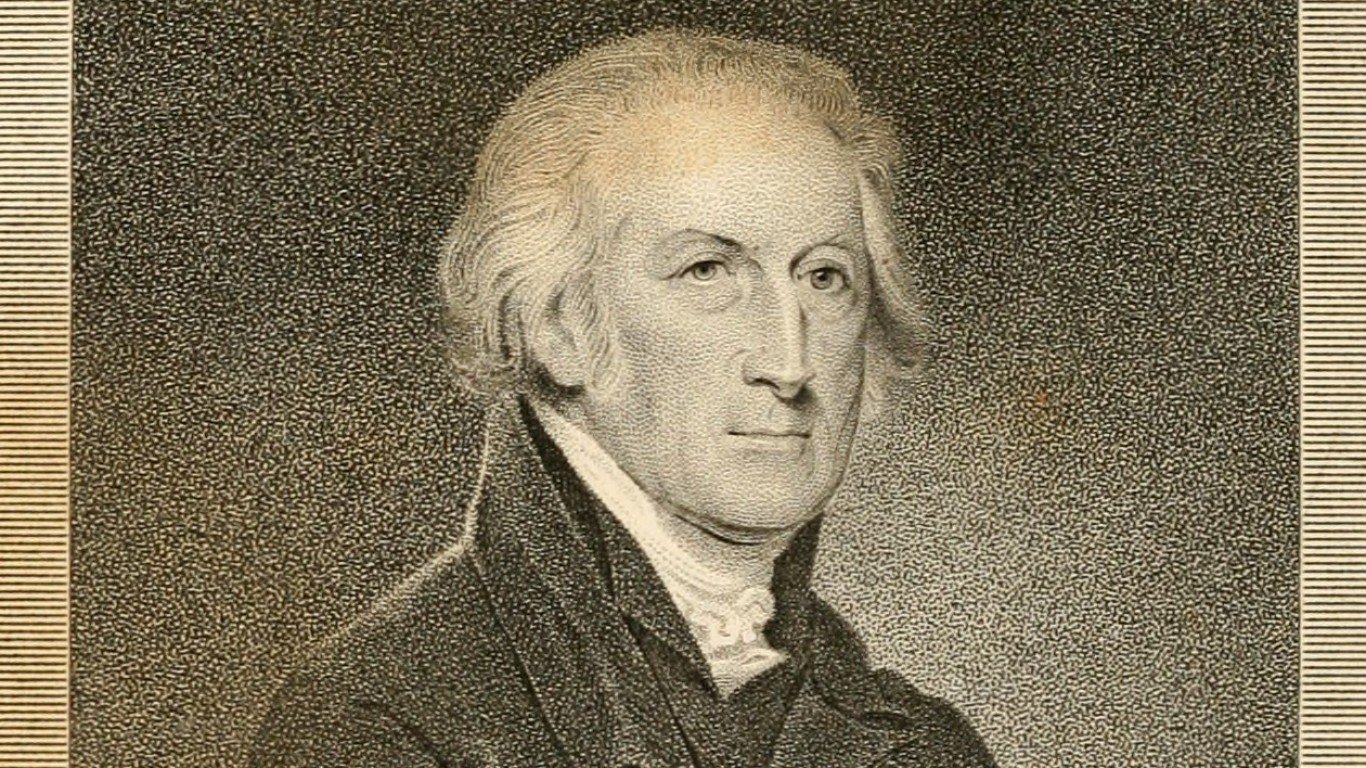
John Morton (1724-1777)
> State: Pennsylvania
A Pennsylvania native, Morton held a number of civic offices there, including justice of the peace, high sheriff, and associate judge of the supreme court. He became chairman of the committee that wrote the Articles of Confederation — which served as the first constitution of the newly formed republic until it was supplanted by the present-day Constitution in 1787.
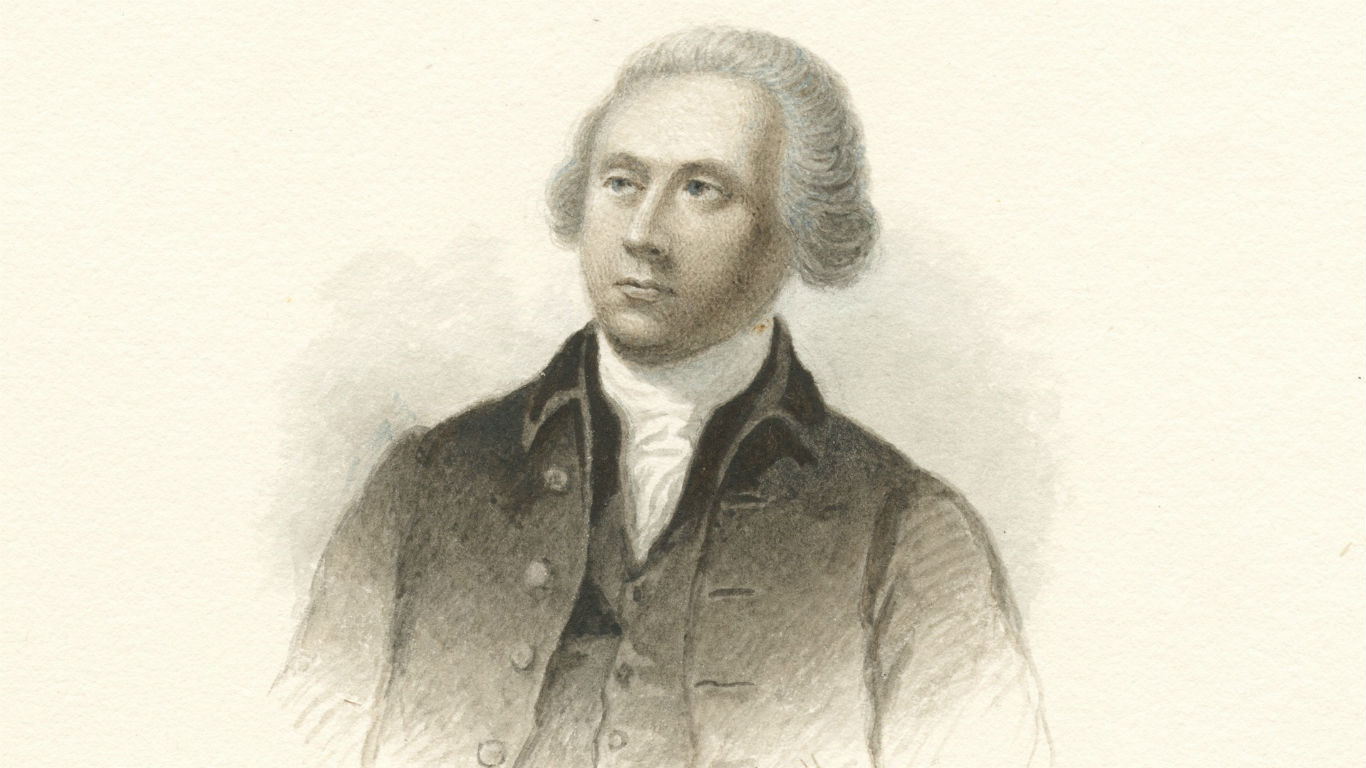
Thomas Nelson, Jr. (1738-1789(
> State: Virginia
Educated in England, Nelson was a member of the Virginia House of Burgesses and a co-founder of the Virginia Militia, becoming its first commander and continuing his military career after being elected to the Continental Congress. When Thomas Jefferson declined to run for reelection as governor of Virginia in 1781, Nelson replaced him, still retaining his leadership of the Militia.
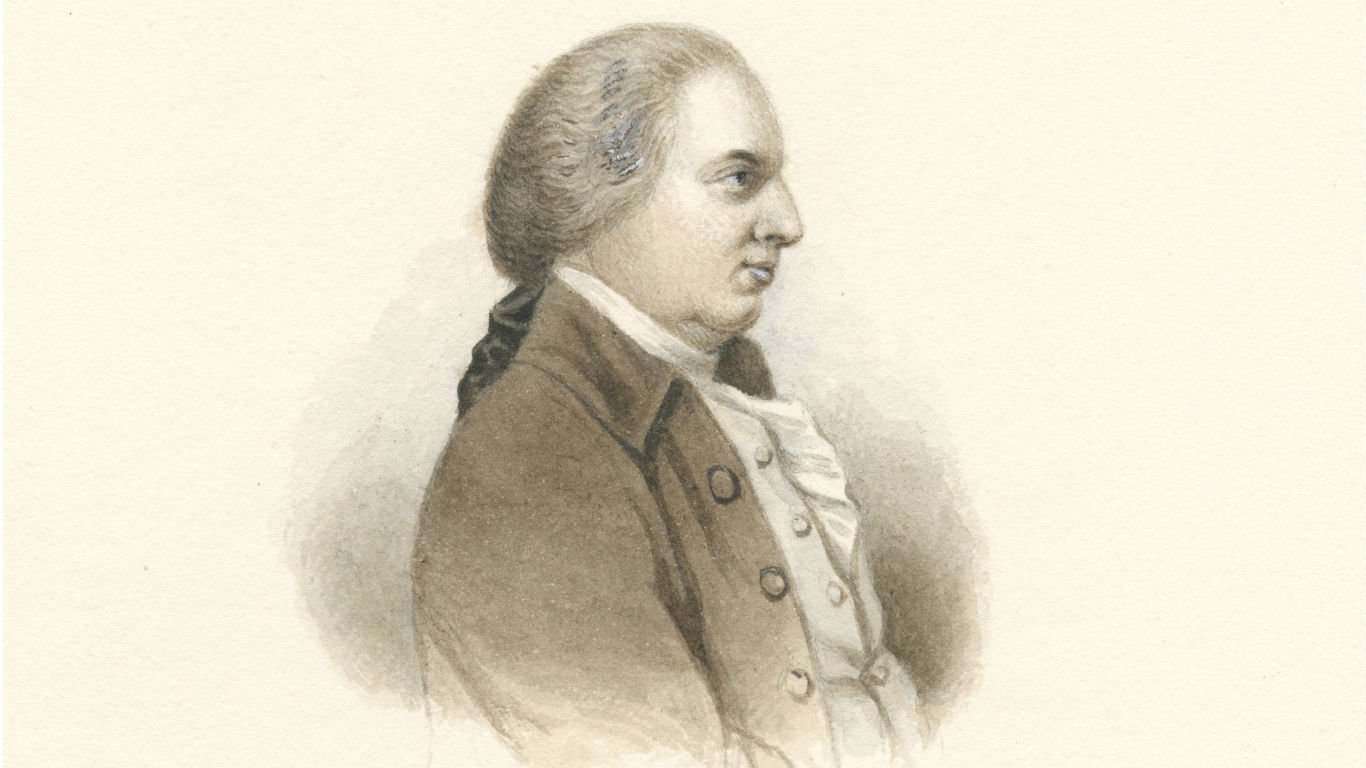
William Paca (1740-1799)
> State: Maryland
The son of a wealthy planter, Paca earned a master’s degree from Philadelphia College at the age of 18 and a license to practice law at 21. He became friendly with another Maryland signer, Samuel Chase, and the two became among the leading anti-British voices in the region. He was elected as governor of the state of Maryland after independence, and George Washington appointed him as chief justice of the state’s U.S. District Court.
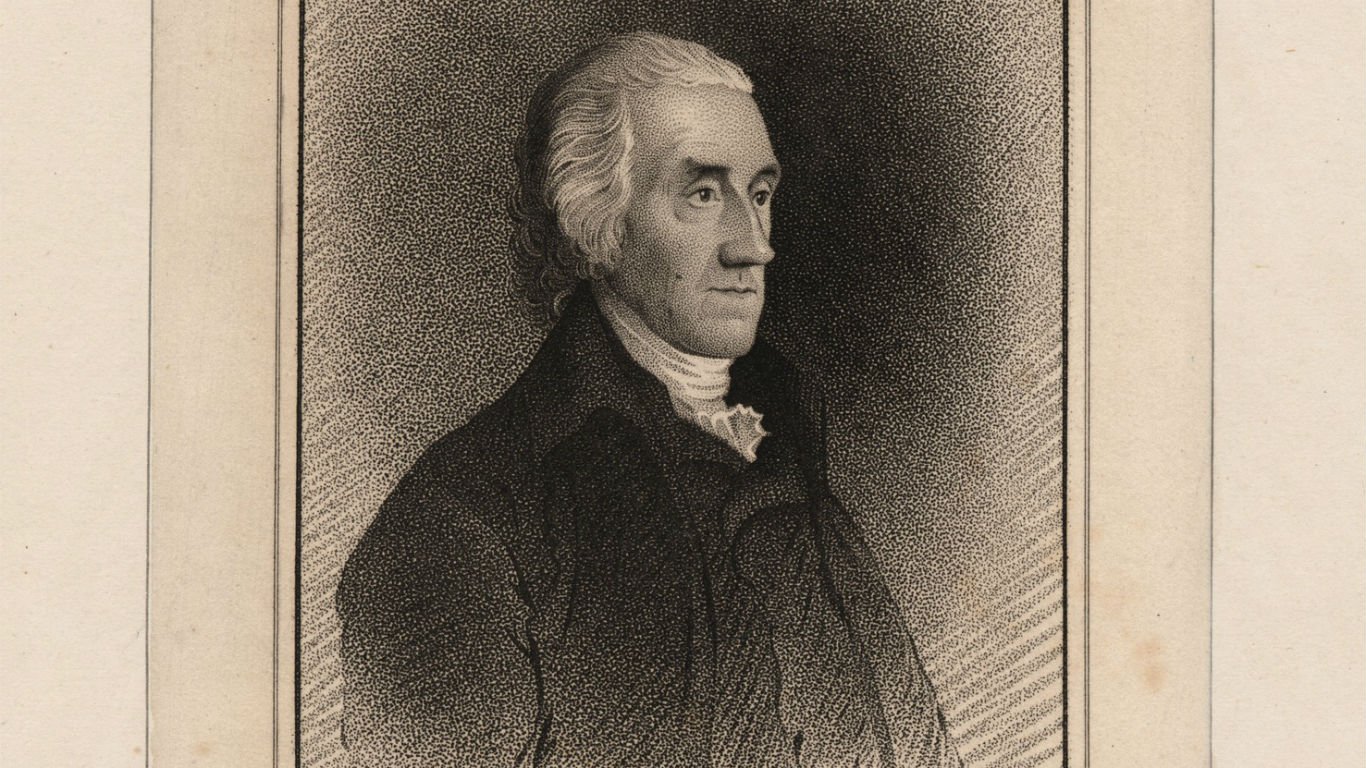
Robert Treat Paine (1731-1814)
> State: Massachusetts
Boston-born and educated at Harvard College, Paine worked as a teacher before shipping out on a series of trading and whaling voyages that took him as far afield as Greenland and Spain. Back on dry land, he became a lawyer, and for a time was a friendly rival to another lawyer, John Adams. Paine was known in the Continental Congress as the “Objection Maker,” because he frequently objected to the proposals of other members.

John Penn (1741-1788)
> State: North Carolina
A native of Virginia, where he was licensed to practice law at the age of 22, Penn moved to North Carolina in 1774, setting up a practice and becoming politically active. Besides serving in the Continental Congress, he sat on the Board of War, which oversaw military affairs during the Revolutionary War.
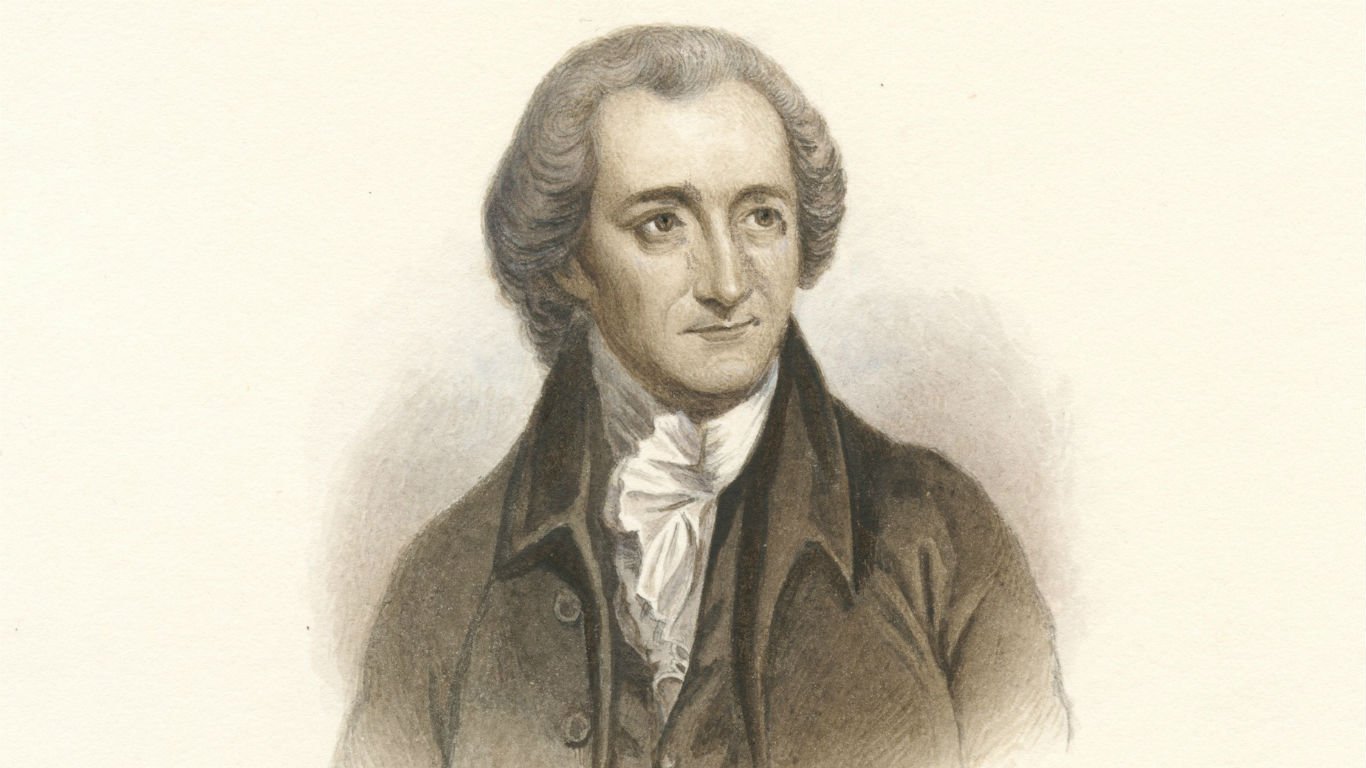
George Read (1733-1798)
> State: Delaware
Born in colonial Maryland, Read studied law in Philadelphia, passing the bar at the age of 20, and later moved to Delaware. He became president of Delaware’s Constitutional Convention in 1776. After Delaware became the first state in the fledgling Union, he was elected state senator twice and then appointed chief justice of the State of Delaware, a position he held until his death.
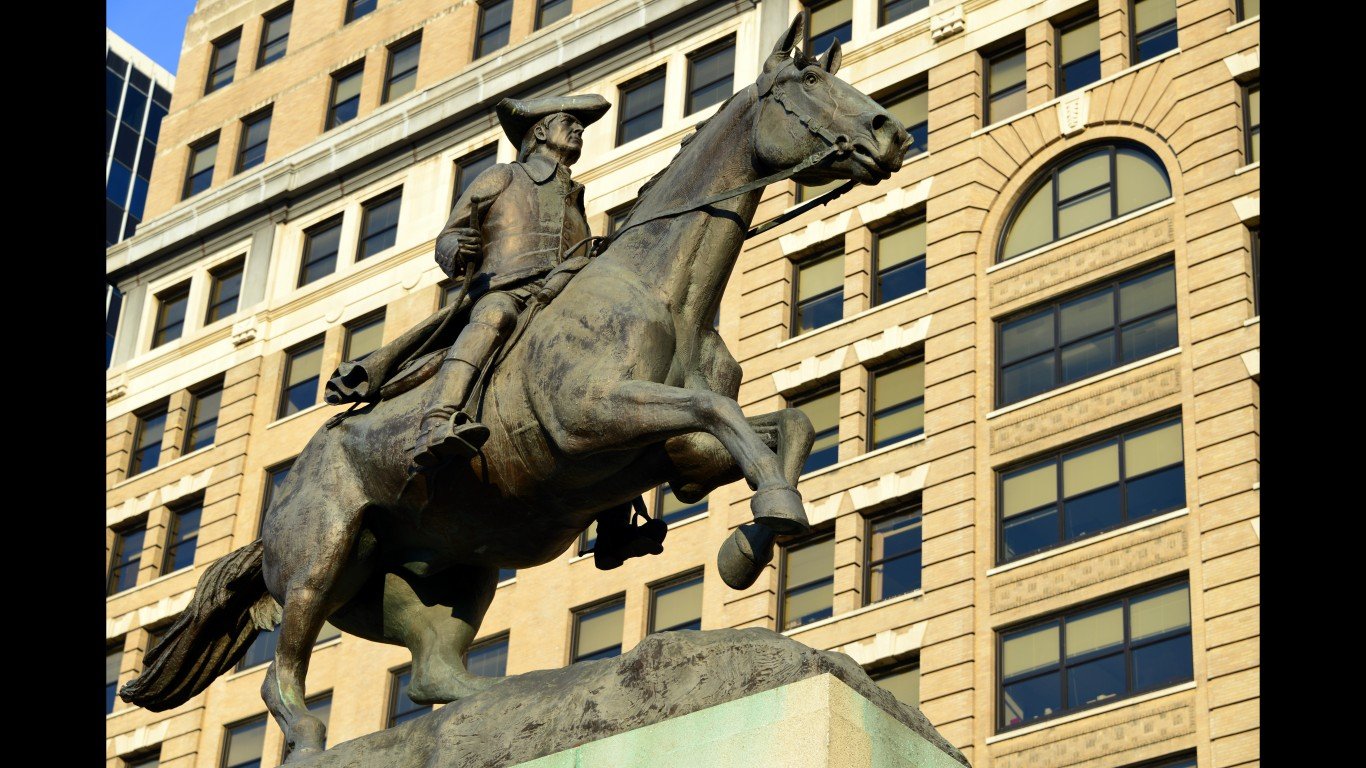
Caesar Rodney (1728-1784)
> State: Delaware
Born on the family farm in the Delaware Colony, Rodney was never formally educated. Nonetheless, he had a distinguished career that included participation in the Colonial Assembly and the Stamp Act Congress, as well as the Continental Congress. He later served as president of the state of Delaware and a member of the state assembly.
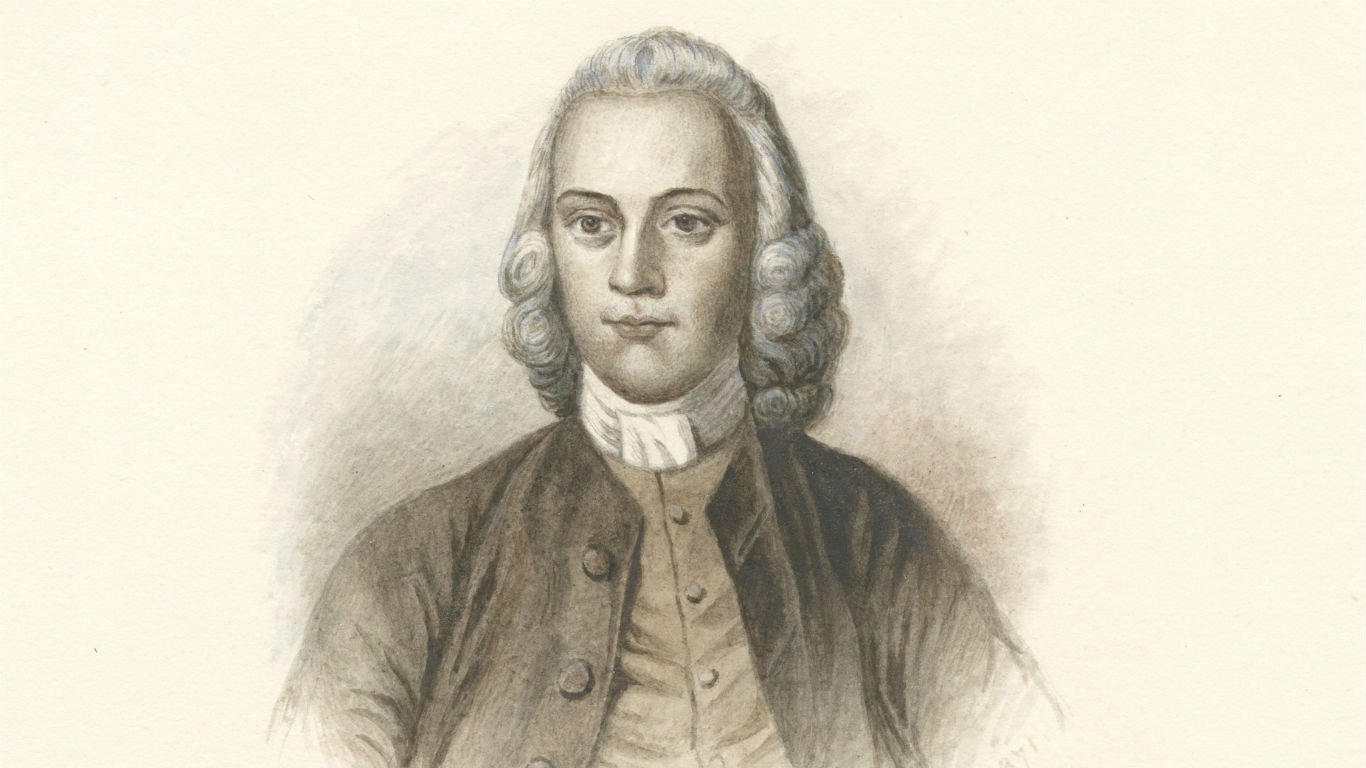
George Ross (1730-1779)
> State: Pennsylvania
Born in Delaware, Ross passed the bar in Philadelphia at the age of 20, subsequently becoming attorney general for the Pennsylvania community of Carlisle. He was elected to the Continental Congress three times, and in 1779, shortly before his death, was appointed as a judge for the Pennsylvania Court of Admiralty, which heard cases involving maritime law.

Benjamin Rush (1745-1813)
> State: Pennsylvania
Pennsylvanian Rush was a physician and educator, who studied medicine in Edinburgh, Scotland, and spent several years around Europe studying languages, medicine, and science. Back in America, he was appointed surgeon general to an arm of the Continental Army. In his final years, he served dual roles as treasurer of the U.S. Mint and professor of medical theory and clinical practice at the University of Pennsylvania. When he died at the age of 68, he was considered the most celebrated physician in the country.
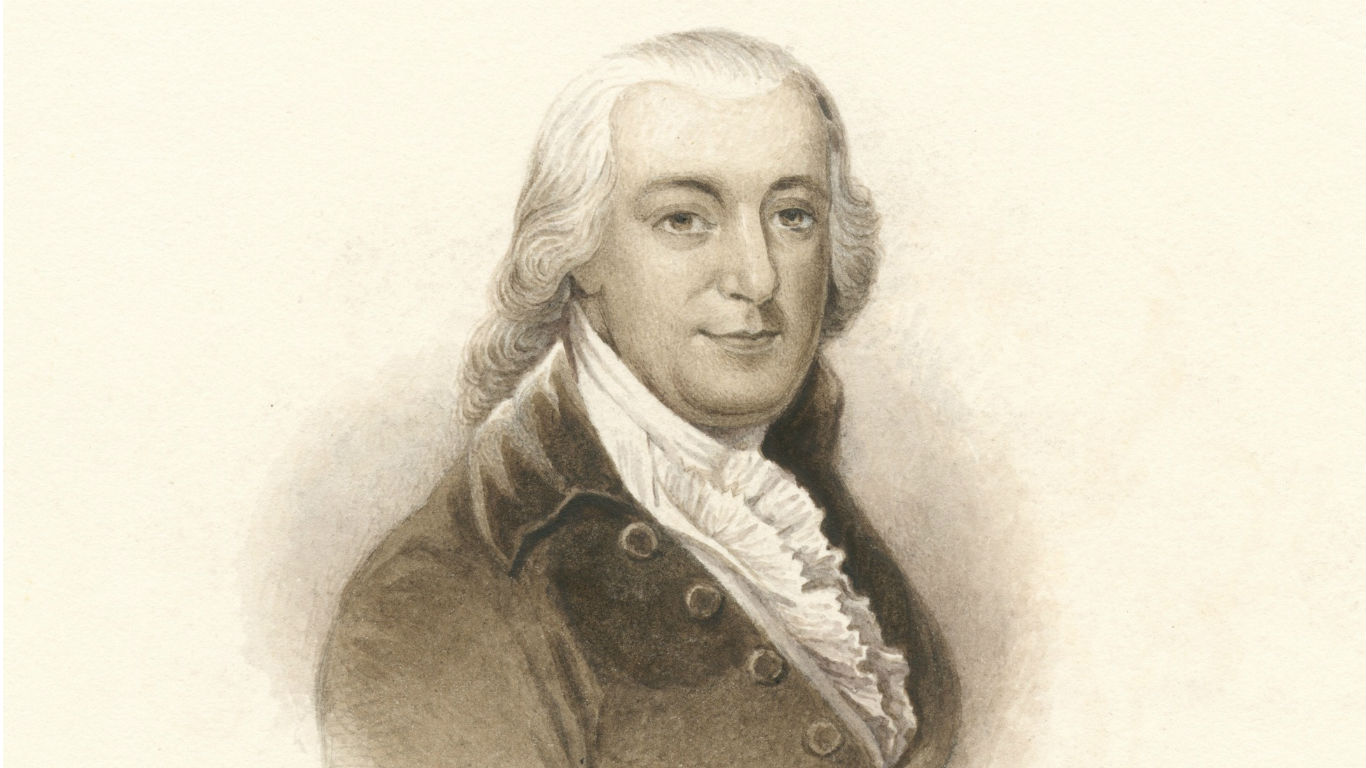
Edward Rutledge (1749-1800)
> State: South Carolina
Educated at Oxford University and a member of the English bar, Rutledge was one of the two youngest signers, along with Thomas Lynch Jr., (both were 26 at the time). He left the Continental Congress to serve in the Charleston Battalion of Artillery, helping to defend the city against the British. After the war, he was resolute in pursuing the prosecution of British loyalists, and became governor of South Carolina in 1789.
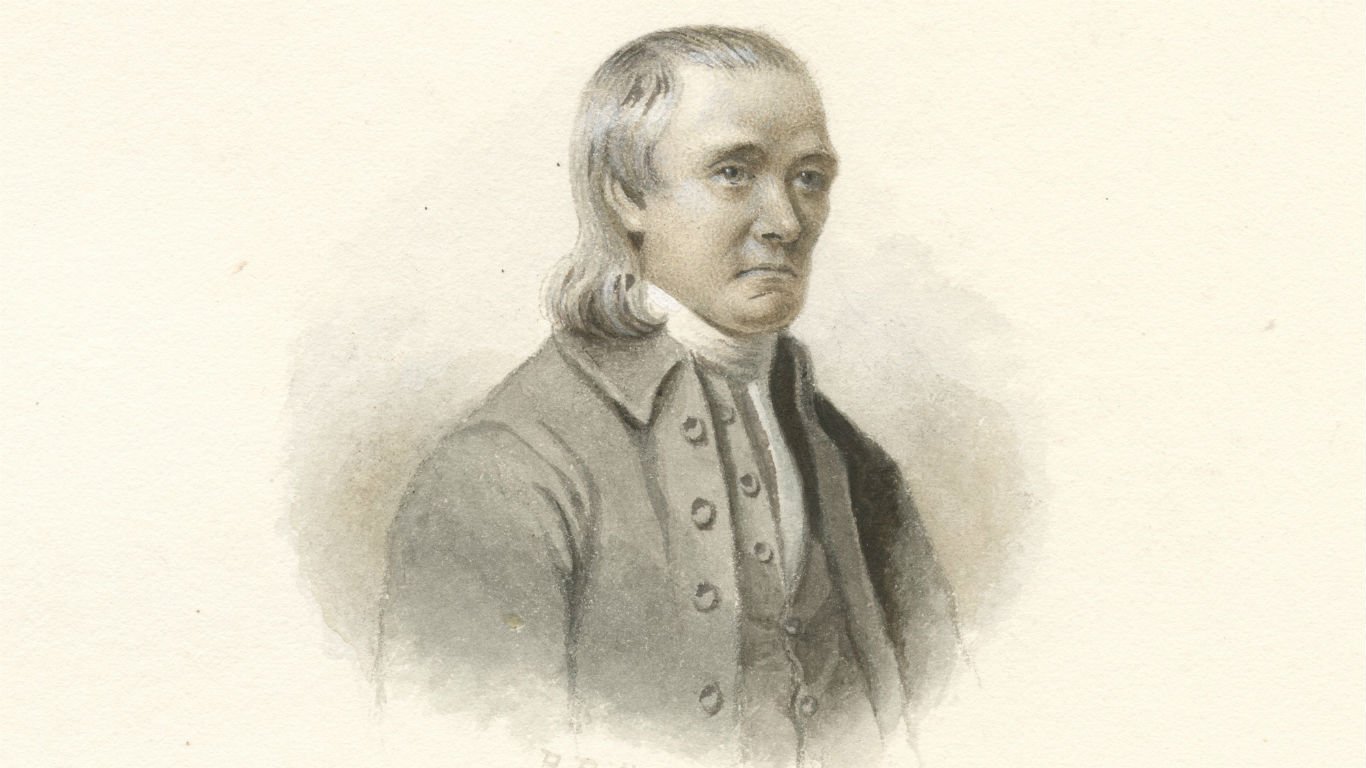
Roger Sherman (1721-1793)
> State: Connecticut
A farmer and (some sources say) shoemaker who became a surveyor and then a lawyer, Sherman entered politics as a member of the Connecticut General Assembly. In 1776, he served on the committee that drafted the Declaration of Independence, and later became a forceful advocate for the ratification of the U.S. Constitution. According to James Madison, he delivered 138 separate speeches at the Constitutional Convention, and Madison, Thomas Jefferson, and John Adams are all said to have held him in high regard.
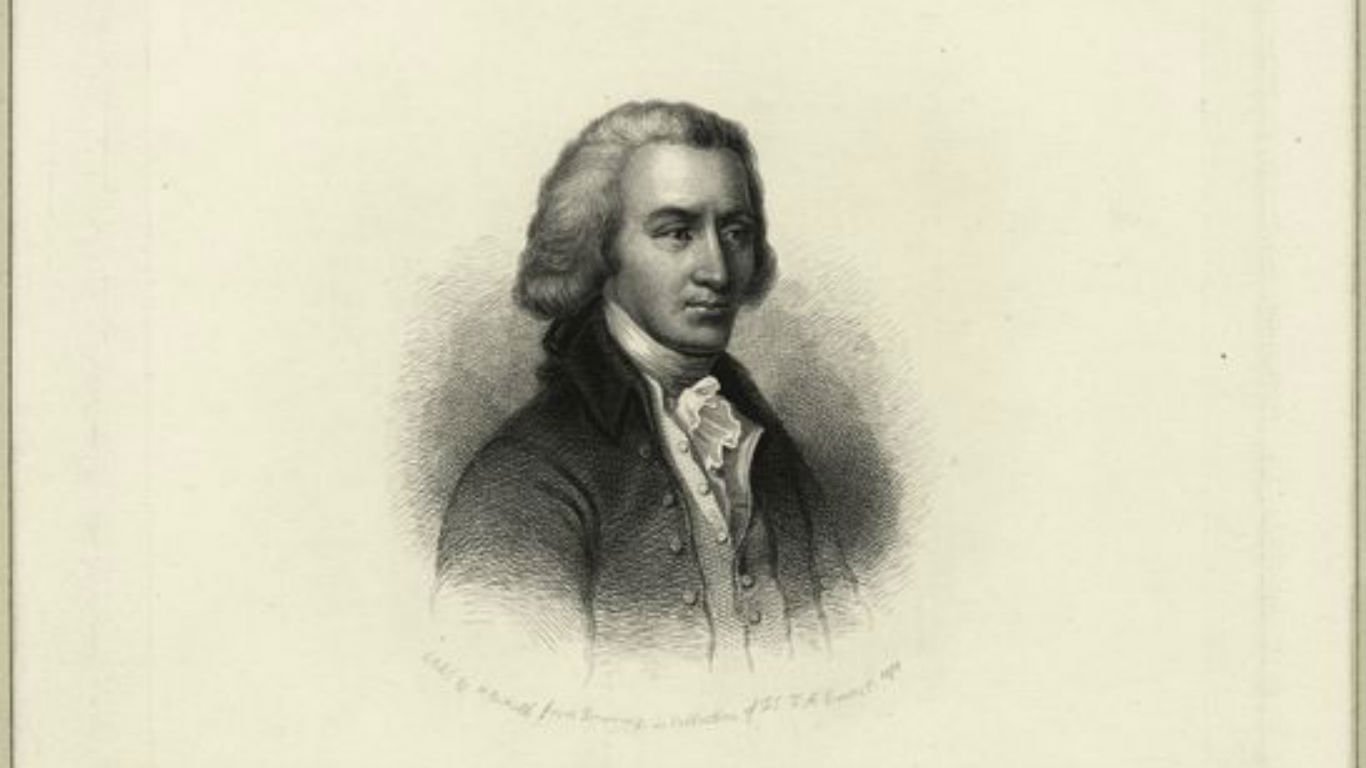
James Smith (1719-1806)
> State: Pennsylvania
Born in Dublin, Ireland, Smith moved to Pennsylvania with his family as a pre-teen. He later apprenticed at the law offices of his older brother, passed the Pennsylvania Bar, and set up a business in which he alternated practicing law with surveying. He was elected to the Continental Congress twice, but the second time he declined the position, citing his advanced age of 66.
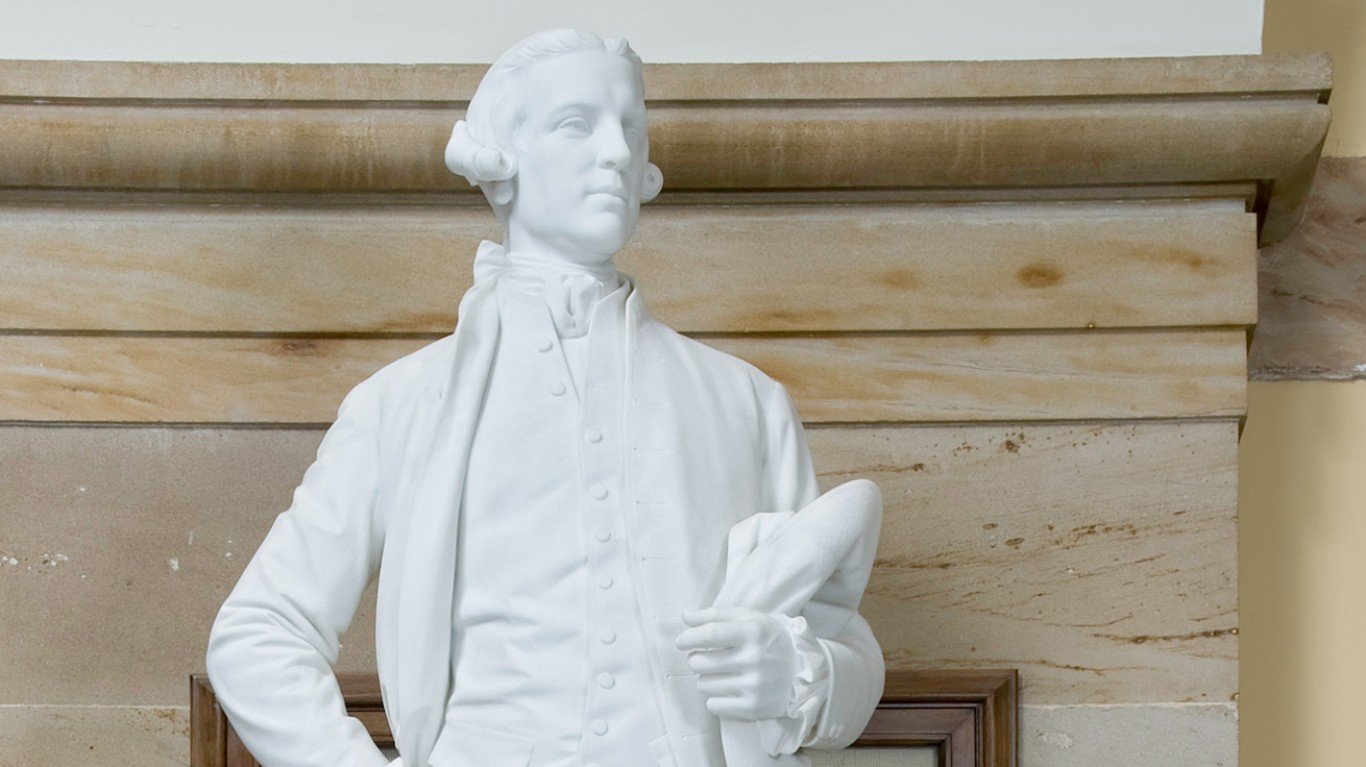
Richard Stockton (1730-1781)
> State: New Jersey
Said to have been one of the most successful lawyers in the colonies, Stockton became a justice of the New Jersey Supreme Court two years before signing the Declaration of Independence. During the Revolutionary War, he was captured and jailed for several years under abusive conditions by the British — during which time the British ransacked his estate and burned his extensive library.
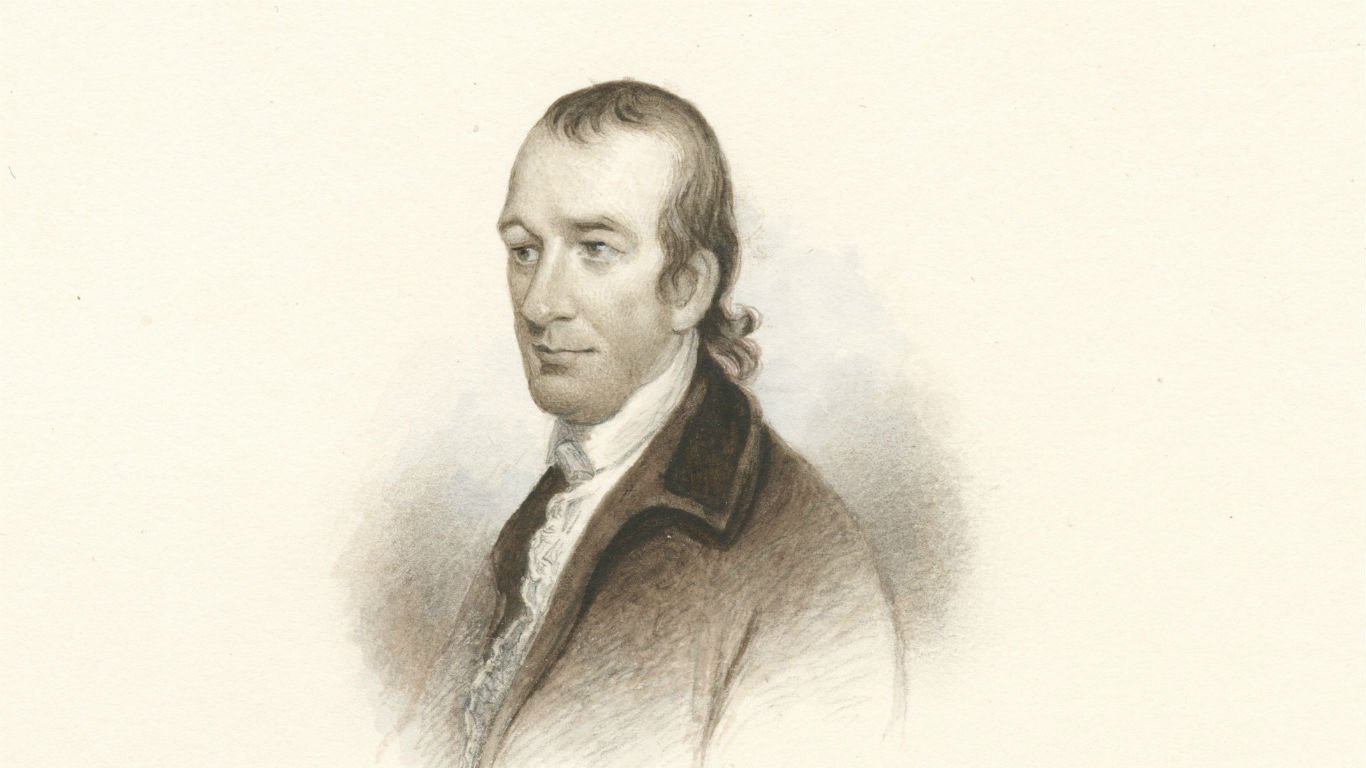
Thomas Stone (1743-1787)
> State: Maryland
Stone worked in Thomas Jefferson’s law office before starting his own practice, and was also a prosperous landowner. Little is known about his tenure in the Continental Congress, as he gave few speeches there, and no papers relating to his life have been discovered. Grieving after the death of his wife in 1787, he planned to sail for England, but he died himself in Alexandria while awaiting the arrival of his ship.
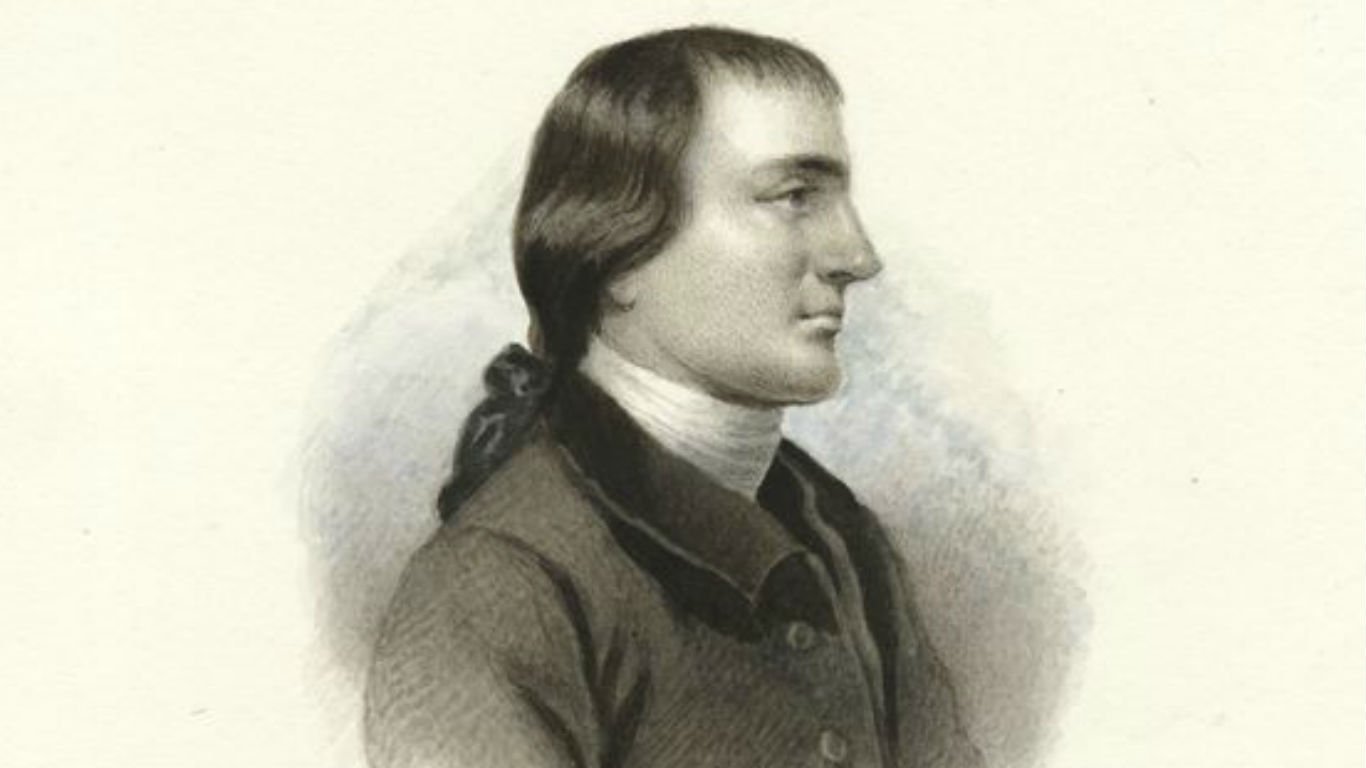
George Taylor (1716-1781)
> State: Pennsylvania
Born in what is now Northern Ireland, Taylor came to America when he was in his early 20s, becoming an ironmaster — the man in charge of a forge. Though not known for being particularly active politically, he held several elected positions, including a stint in the Continental Congress. In 1775, he was appointed to take the place of a Pennsylvanian delegate who refused to support the break with Britain. He missed the vote, but arrived in time to sign the Declaration of Independence.
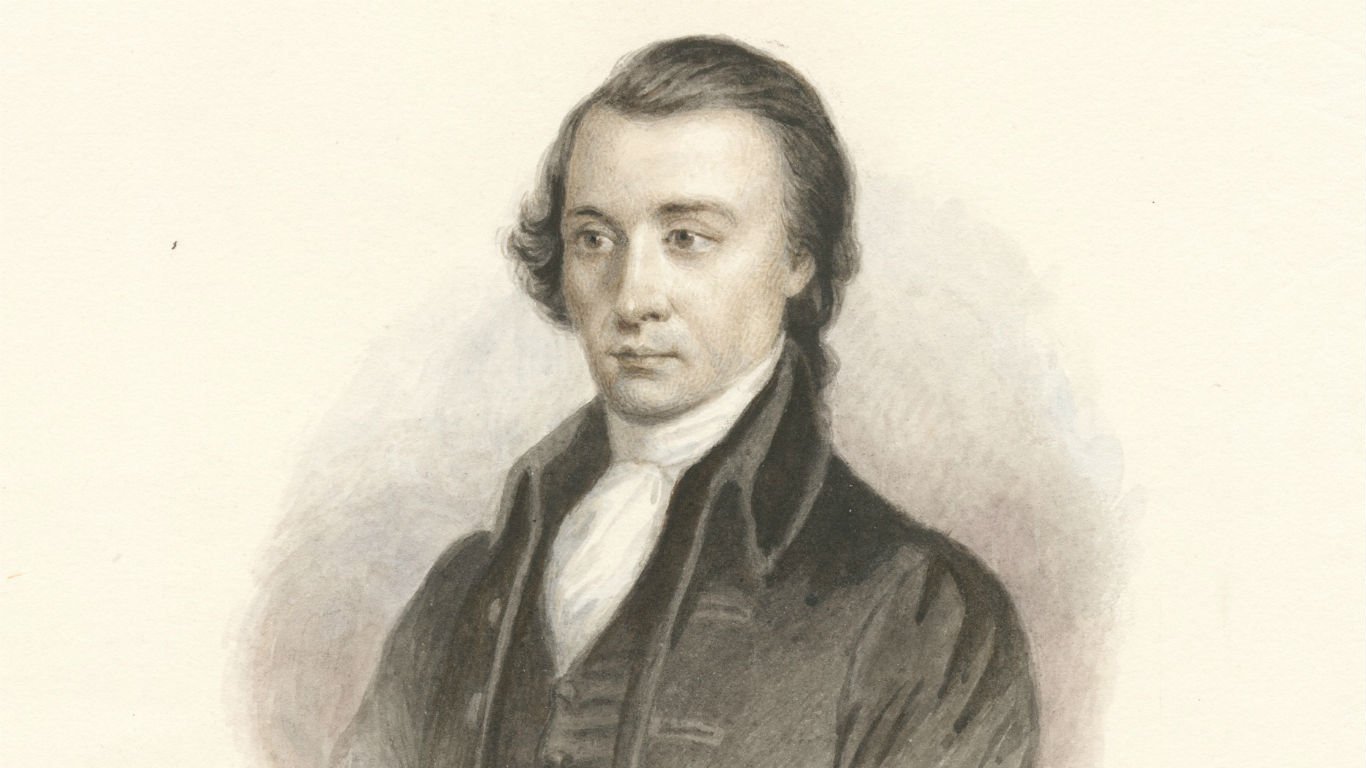
Matthew Thornton (1714-1803)
> State: New Hampshire
The Irish-born Thornton came to America with his parents at the age of three. Educated in Massachusetts, he studied medicine and became a physician in New Hampshire. After independence was declared, he was tasked with drawing up a plan of government for that new state. This became New Hampshire’s first constitution, as well as the first post-independence constitution adopted by any state. He missed the debates over independence at the Continental Congress but arrived in time to sign the Declaration of Independence.
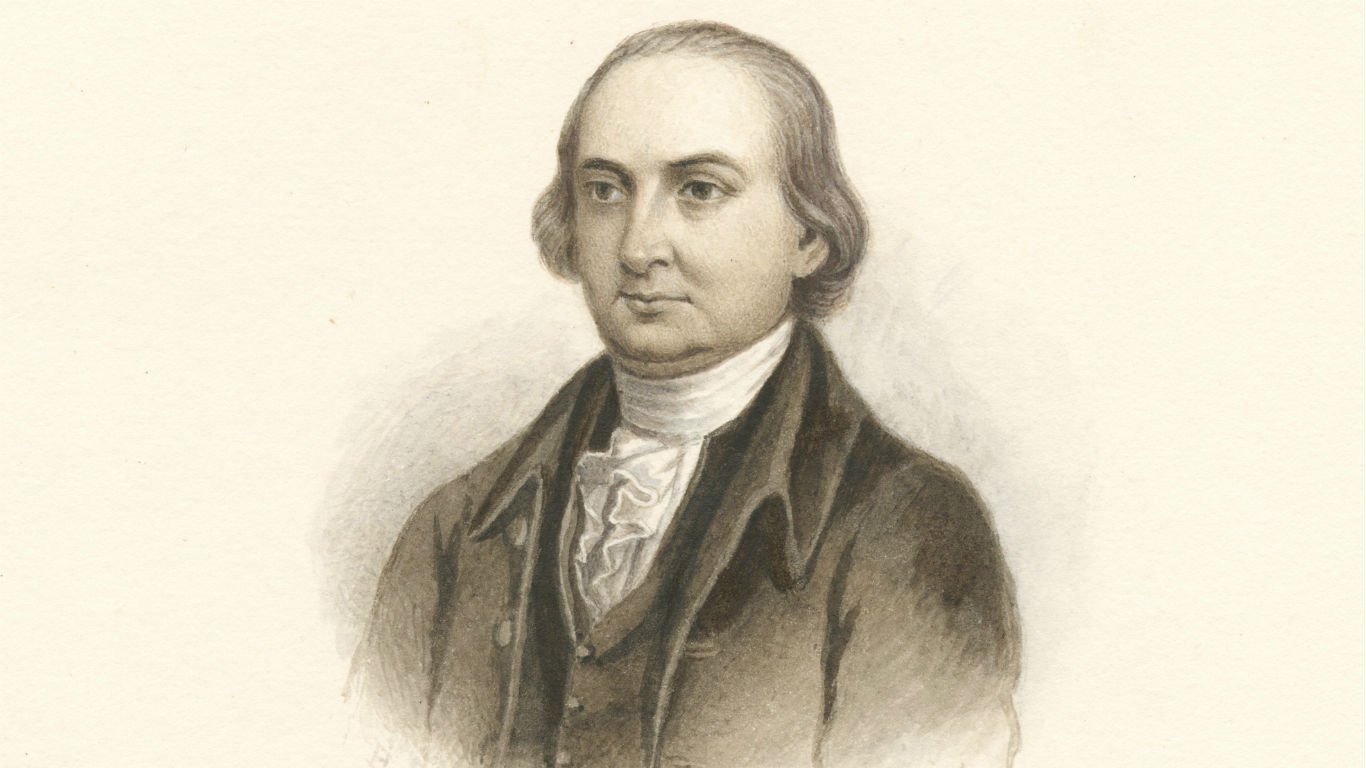
George Walton (1741-1804)
> State: Georgia
Virginia-born, Walton apprenticed as a carpenter as a young man, then moved to Savannah, Georgia, to study law, being admitted to the Bar in 1774. He was an ally of Lachlan McIntosh in his rivalry with another Georgia signer, Button Gwinnett, and was censured for supporting McIntosh in the duel that claimed Gwinnett’s life. He served briefly as governor of Georgia after independence, then became chief justice of the state, followed by another, longer, term as governor. His last political position was as a U.S. senator.
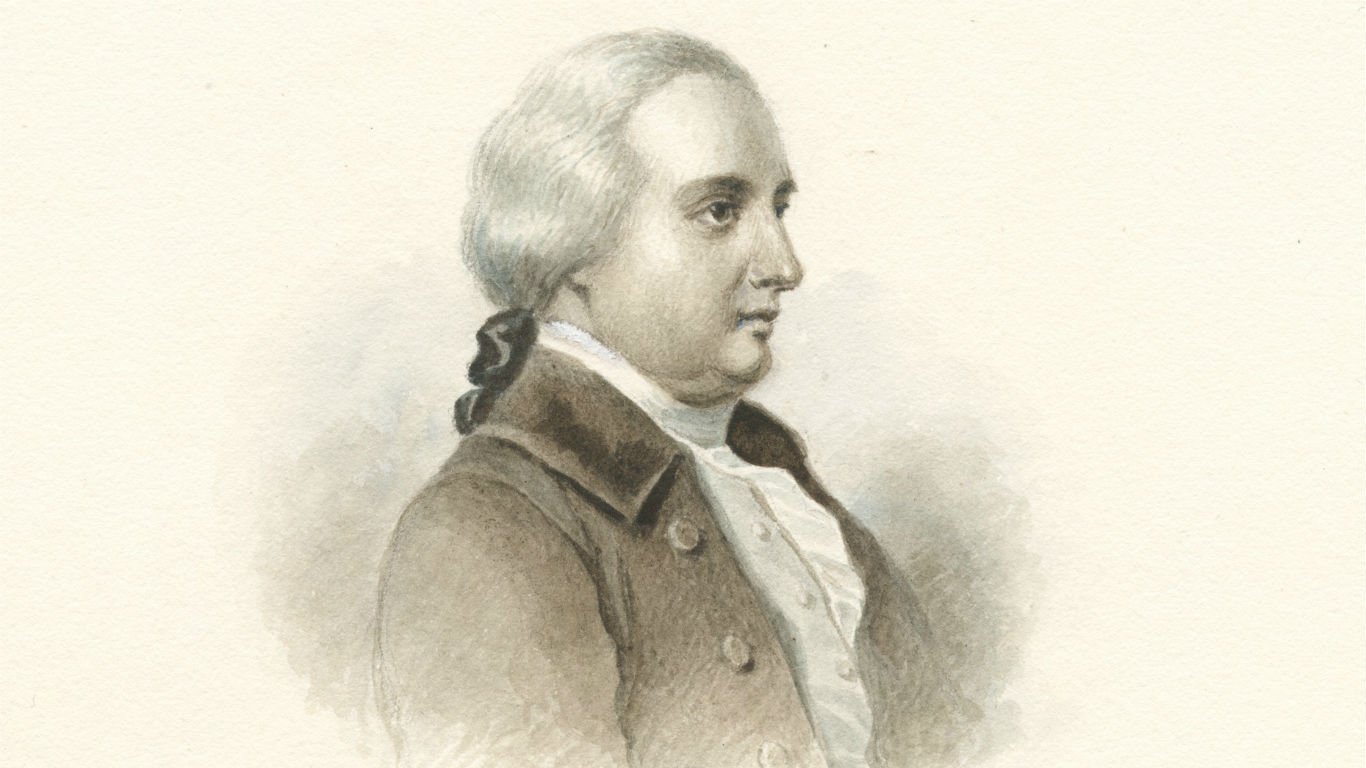
William Whipple (1730-1785)
> State: New Hampshire
Born in Maine, Whipple became a seaman, earning the position of ship’s master — in effect a captain — at the age of 21. Eight years later, he landed at Portsmouth on the New Hampshire coast and established a business as a merchant. He became politically active and served in the Continental Congress until taking a leave to serve as brigadier general in the New Hampshire Militia during the Revolutionary War.
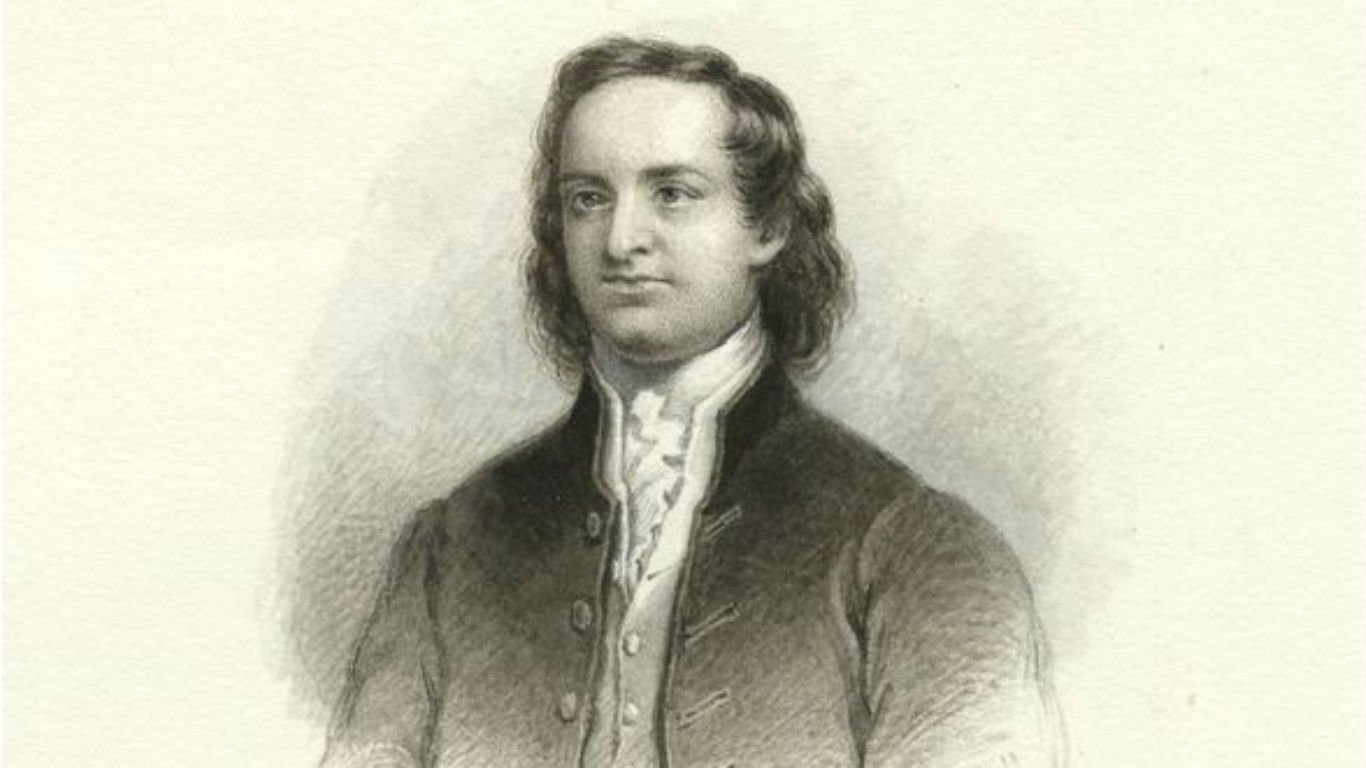
William Williams (1731-1811)
> State: Connecticut
A Harvard-educated merchant, Williams held the post of town clerk in Lebanon, Connecticut, for 44 years, also serving as selectman and becoming speaker of the house in the colonial legislature. Brought in to replace another Continental Congress member, Oliver Wolcott, who had fallen ill, he arrived too late to vote for independence, but in time to sign the Declaration.
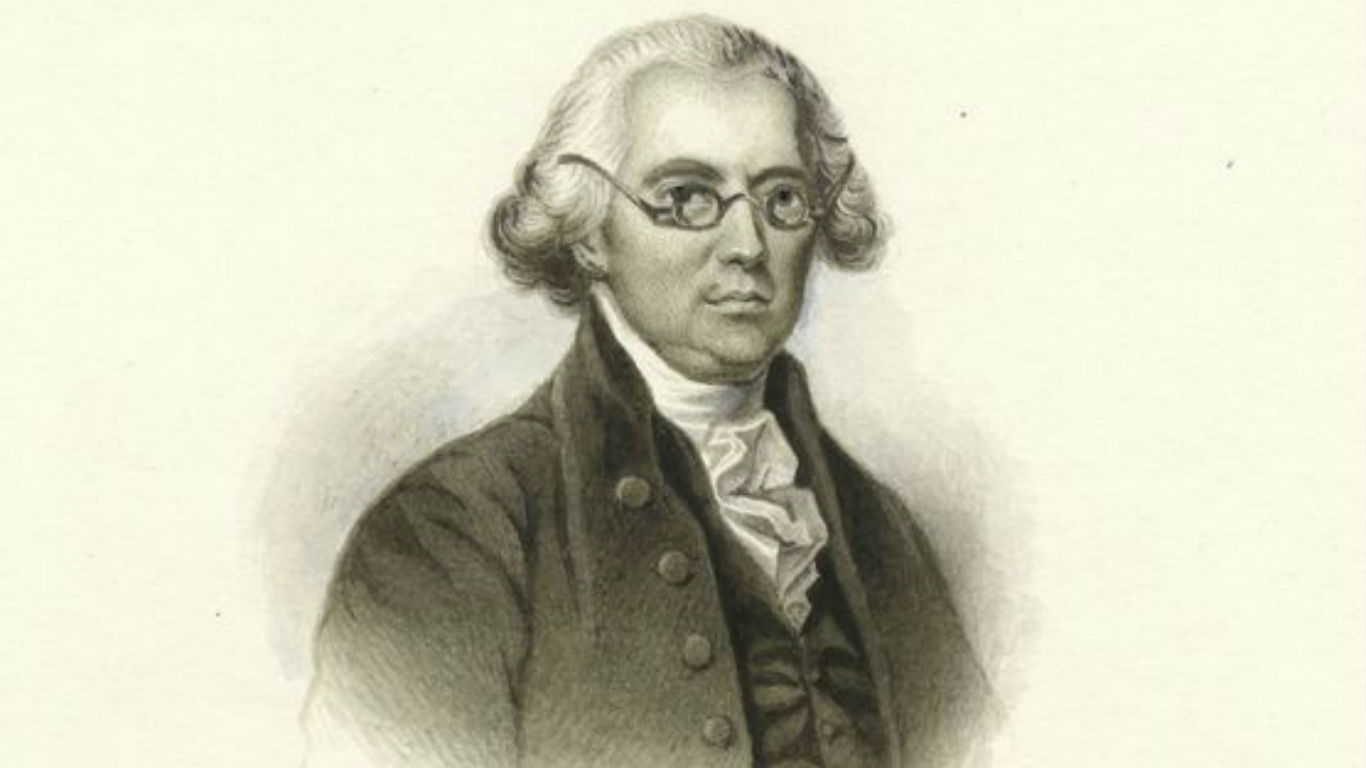
James Wilson (1742-1798)
> State: Pennsylvania
Born and educated in Scotland, Wilson emigrated to America in 1766, studying law and being admitted to the Pennsylvania Bar. In 1774, he wrote a pamphlet arguing that the British Parliament had no legal authority over the colonies. It was influential on members of the Continental Congress, to which he was subsequently elected. He later served as a director of the Bank of North America, a member of the Constitutional Convention, and an associate justice on the U.S. Supreme Court.
John Witherspoon (1723-1794)
> State: New Jersey
Born and educated in Scotland, Witherspoon was brought to America to serve as president of the College of New Jersey — now Princeton University — under the auspices of two other signers, Richard Stockton and Benjamin Rush. When another delegate to the Constitutional Convention suggested that the colonies weren’t yet ripe for independence, he famously replied that they were “not only ripe for the measure, but in danger of rotting for the want of it.”
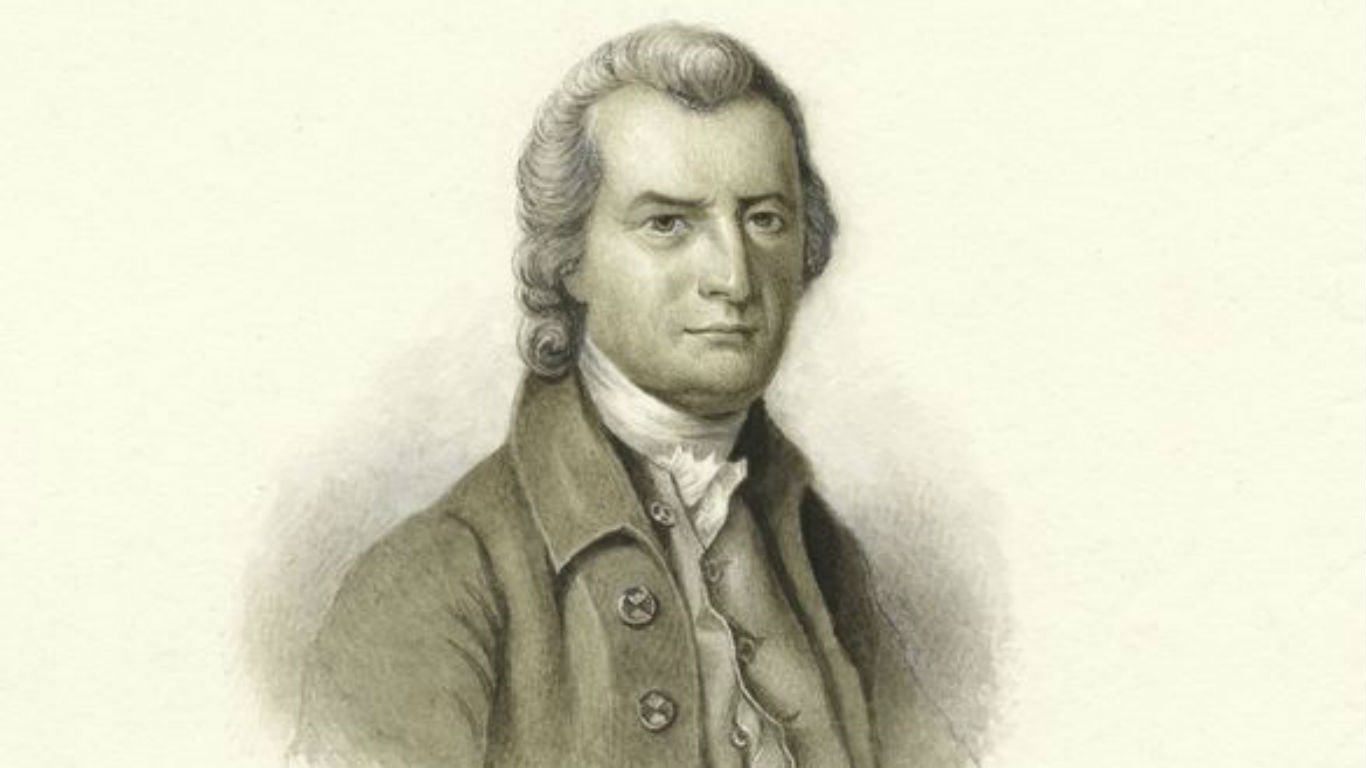
Oliver Wolcott (1726-1797)
> State: Connecticut
The youngest of the 14 children of colonial Connecticut governor Roger Wolcott, Wolcott was educated at Yale, raised a militia to fight in the French and Indian War, and was appointed sheriff of Connecticut’s Litchfield County. Returning to military life, he became a colonel in the Connecticut Militia and later brigadier general of Connecticut forces in the Continental Armies. Though too ill to attend the Continental Congress and sign the Declaration of Independence in August of 1776, he added his signature in the fall of that year.
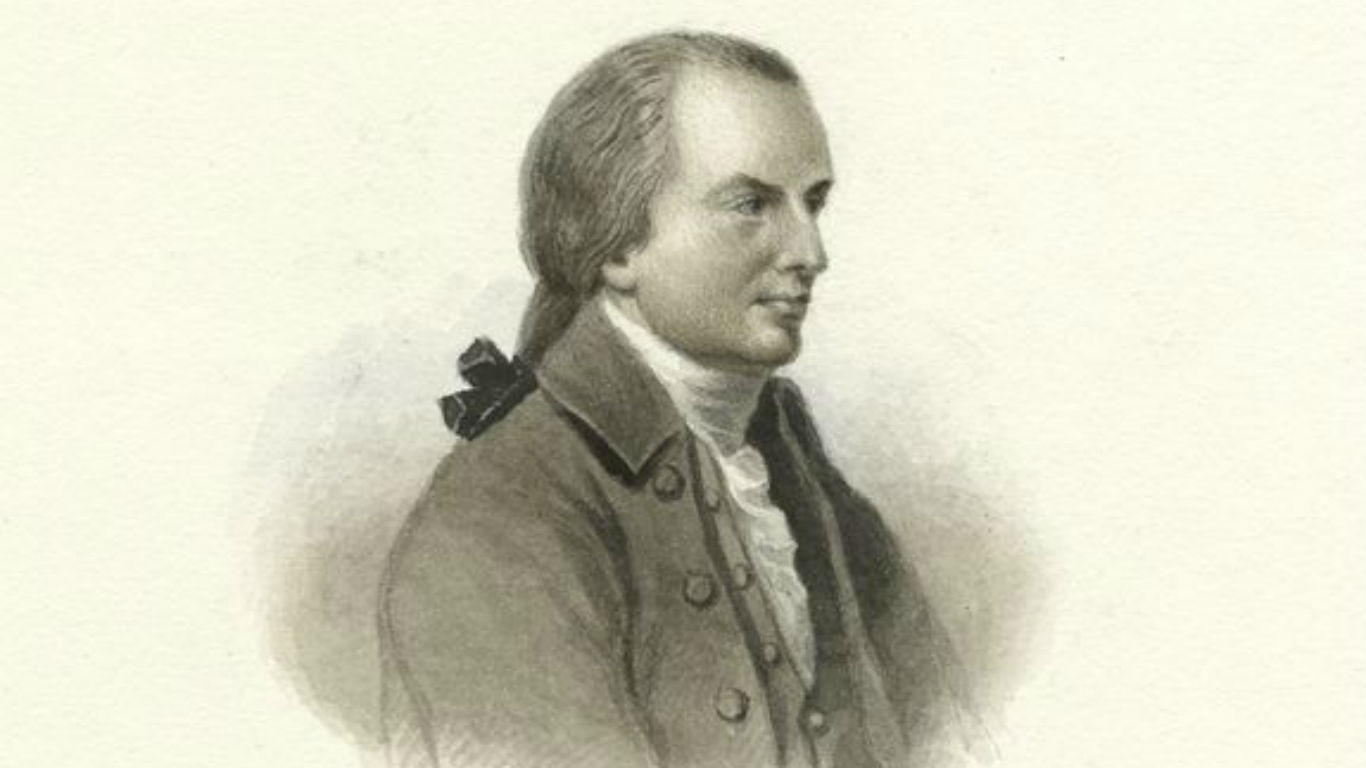
George Wythe (1726-1806)
> State: Virginia
The scion of a wealthy agricultural family, Wythe studied law and was admitted to the bar in Spotsylvania County, Virginia, at the age of 20. A member of the House of Burgesses and one-time attorney general of Virginia, he became America’s first law professor, at the College of William and Mary — where his students included Thomas Jefferson, James Monroe, and John Marshall. After independence, he freed his slaves and willed part of his family property to one of them — which spurred his disinherited grandnephew to fatally poison both the man and Wythe.

